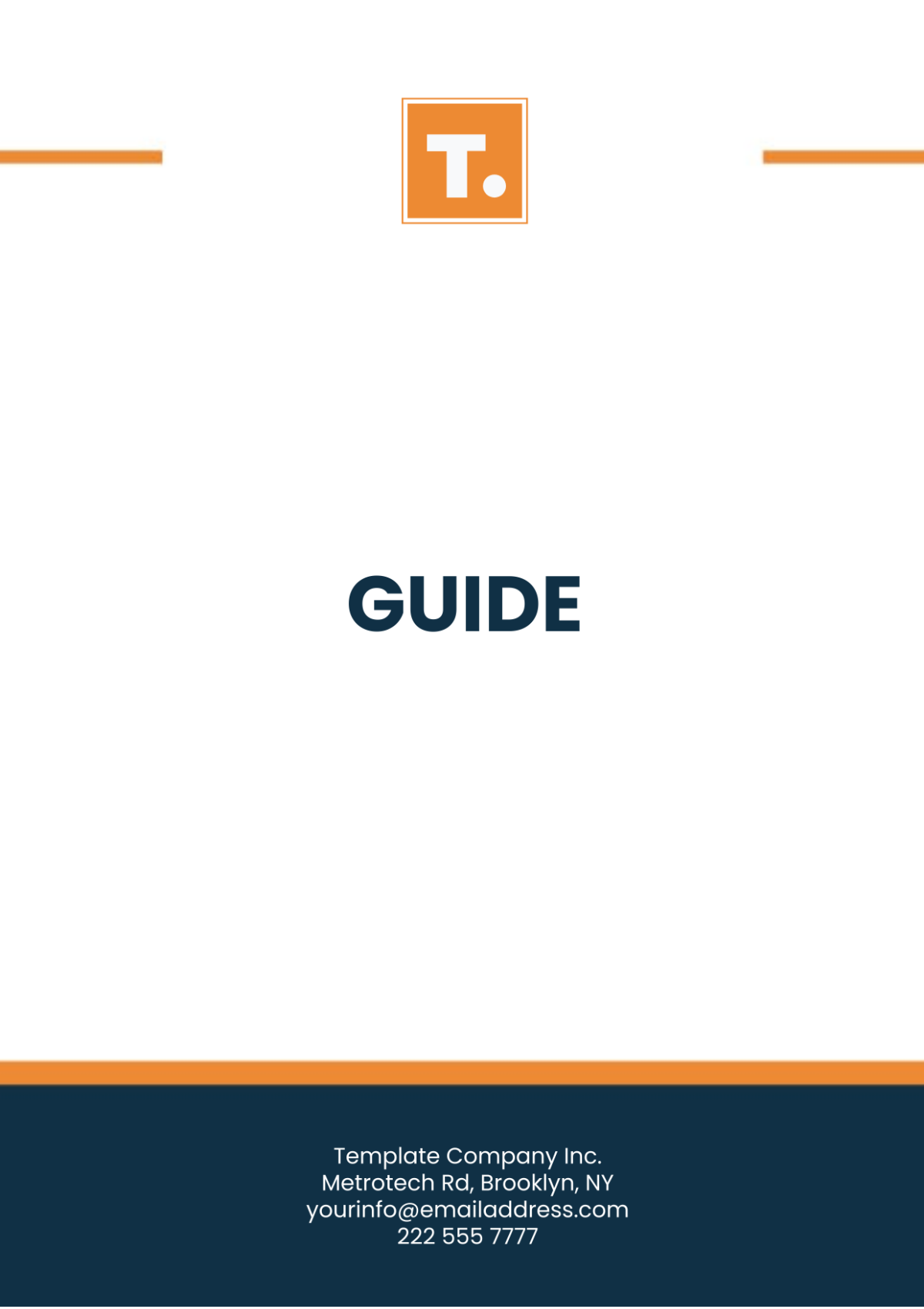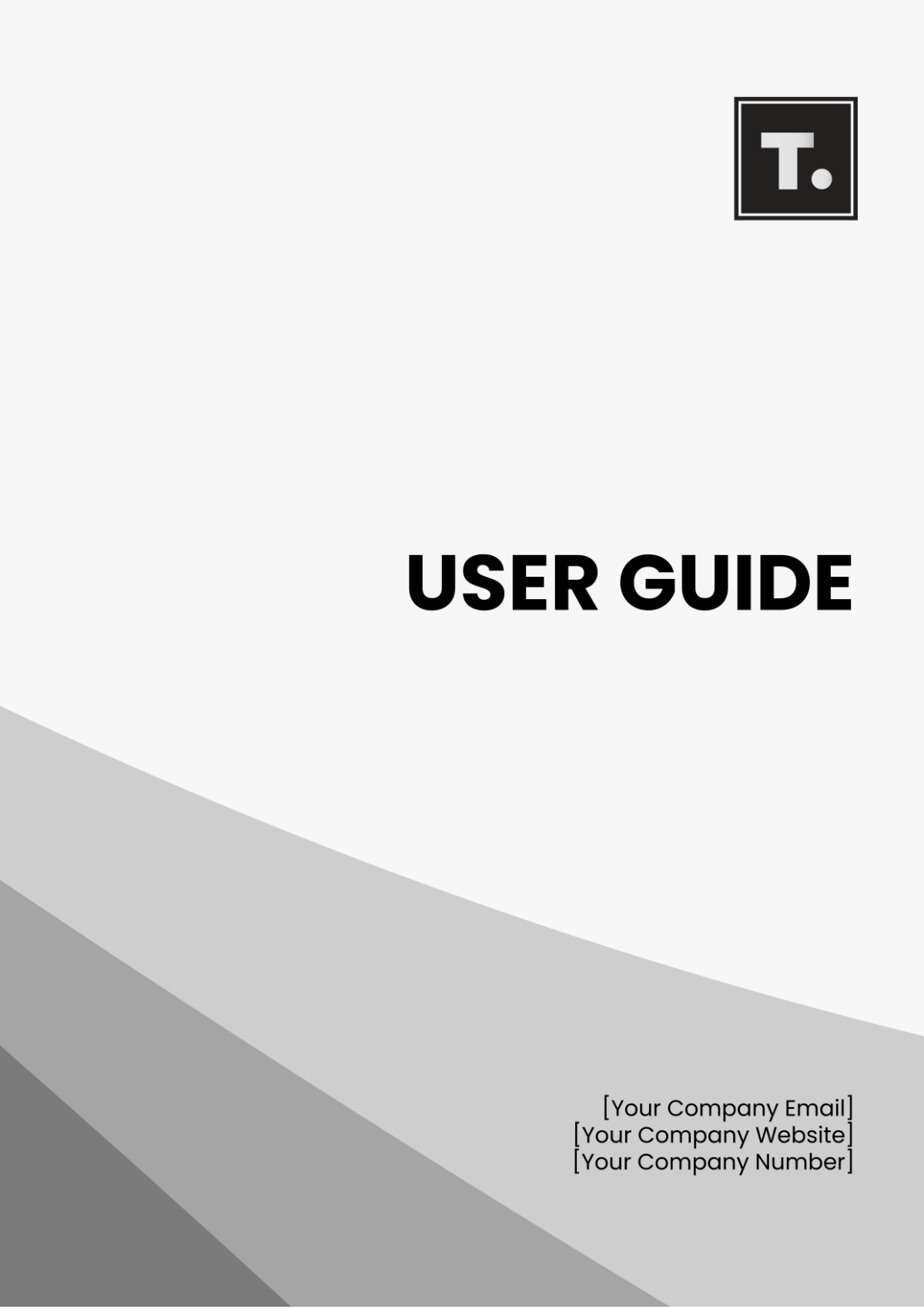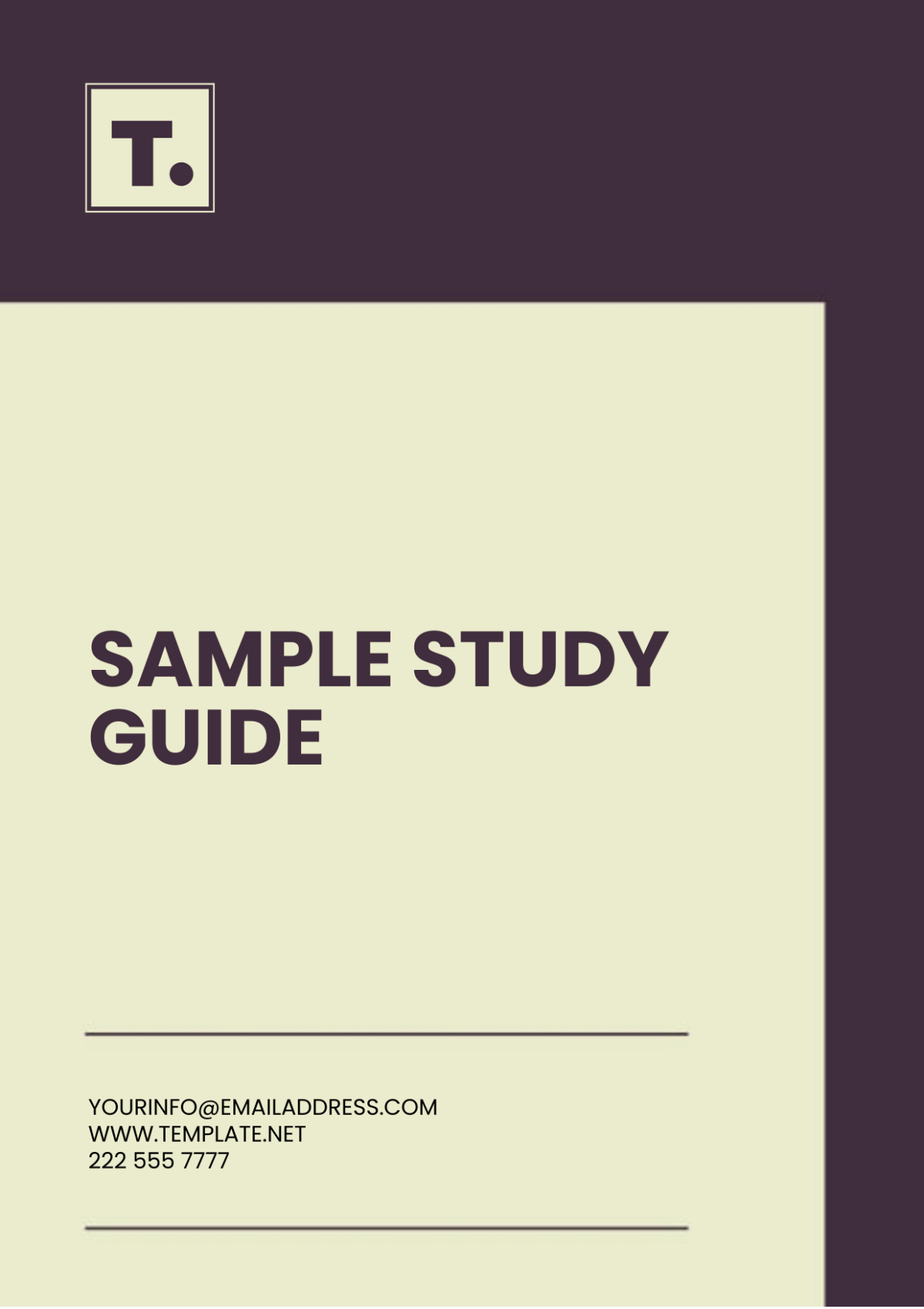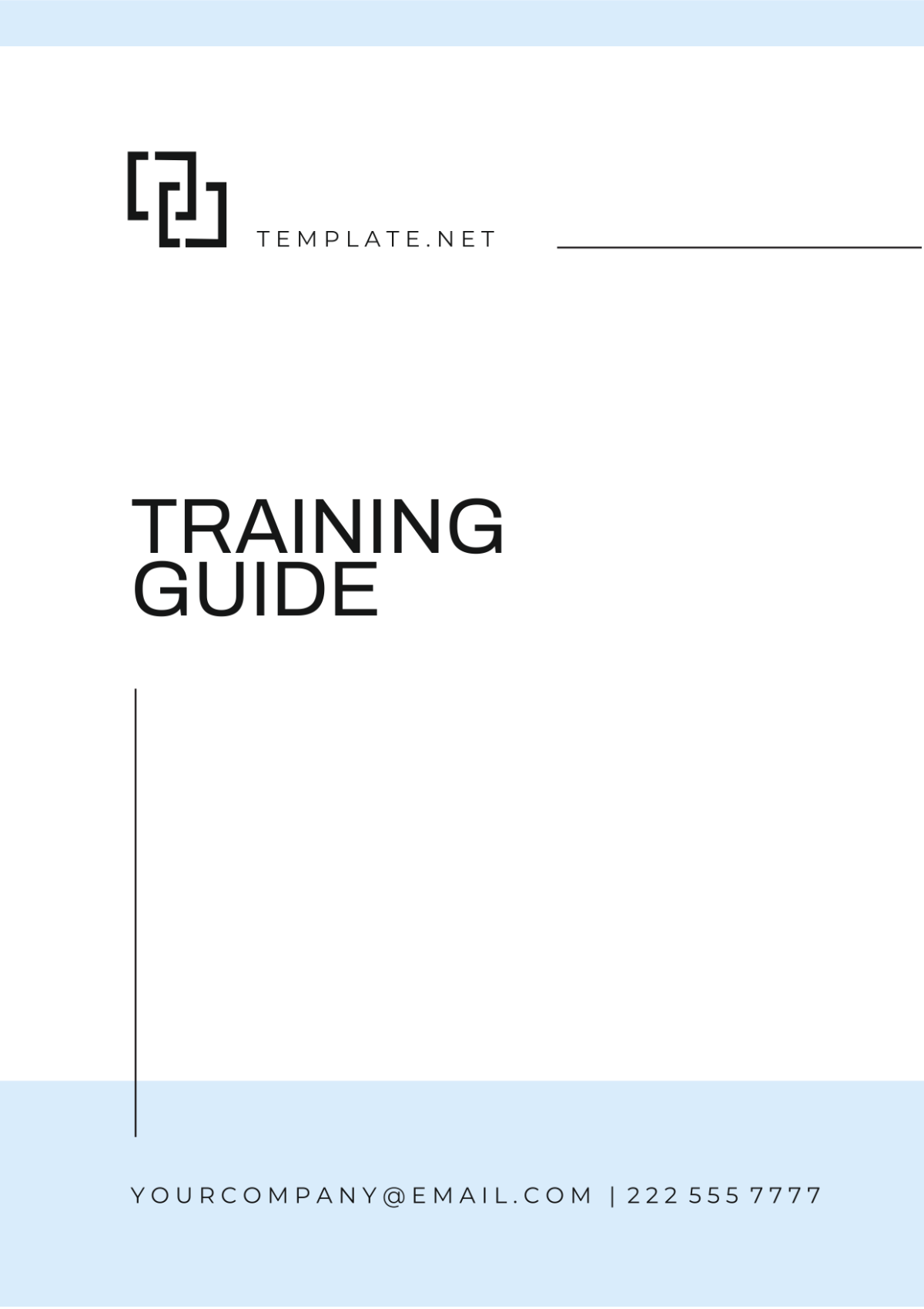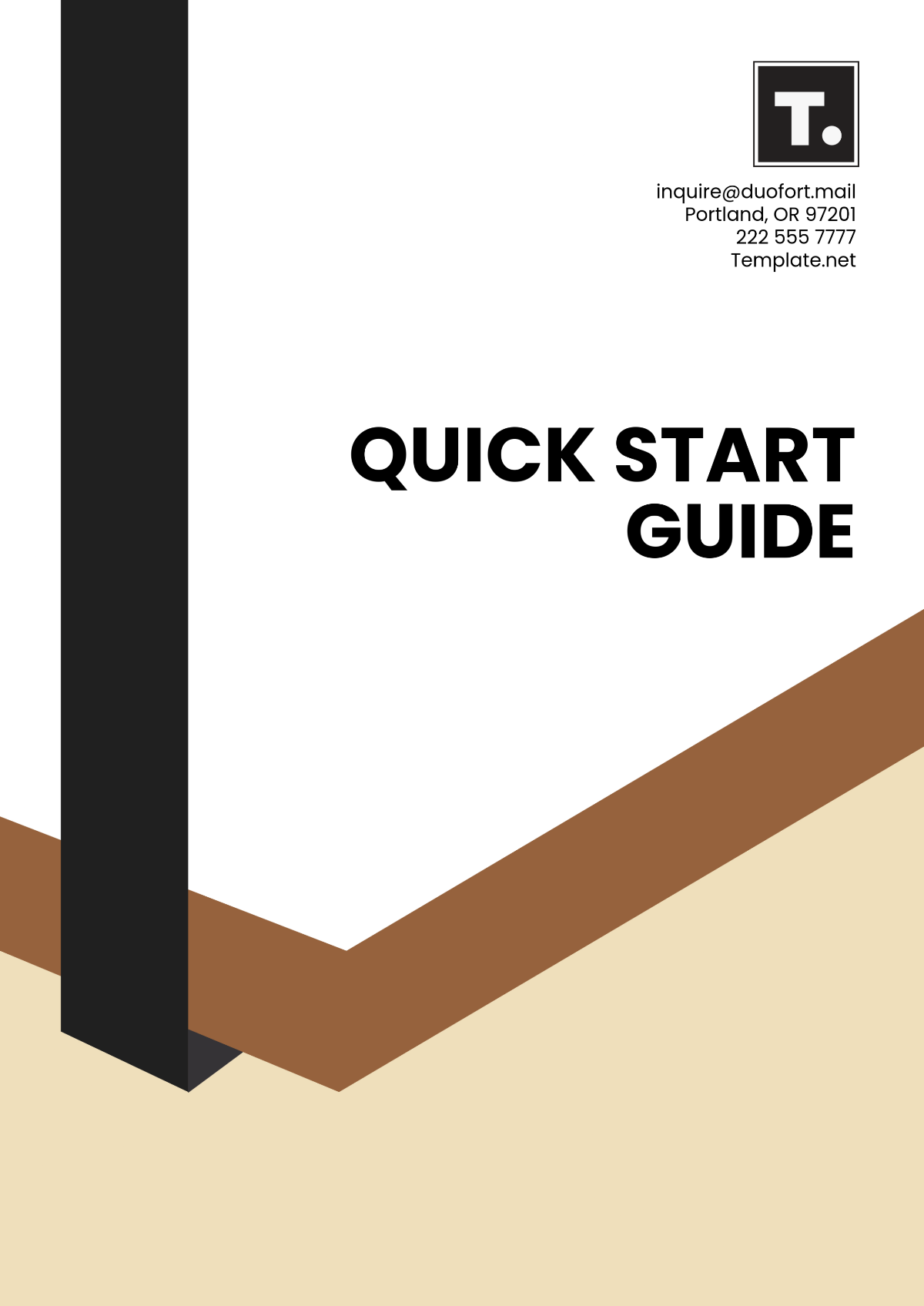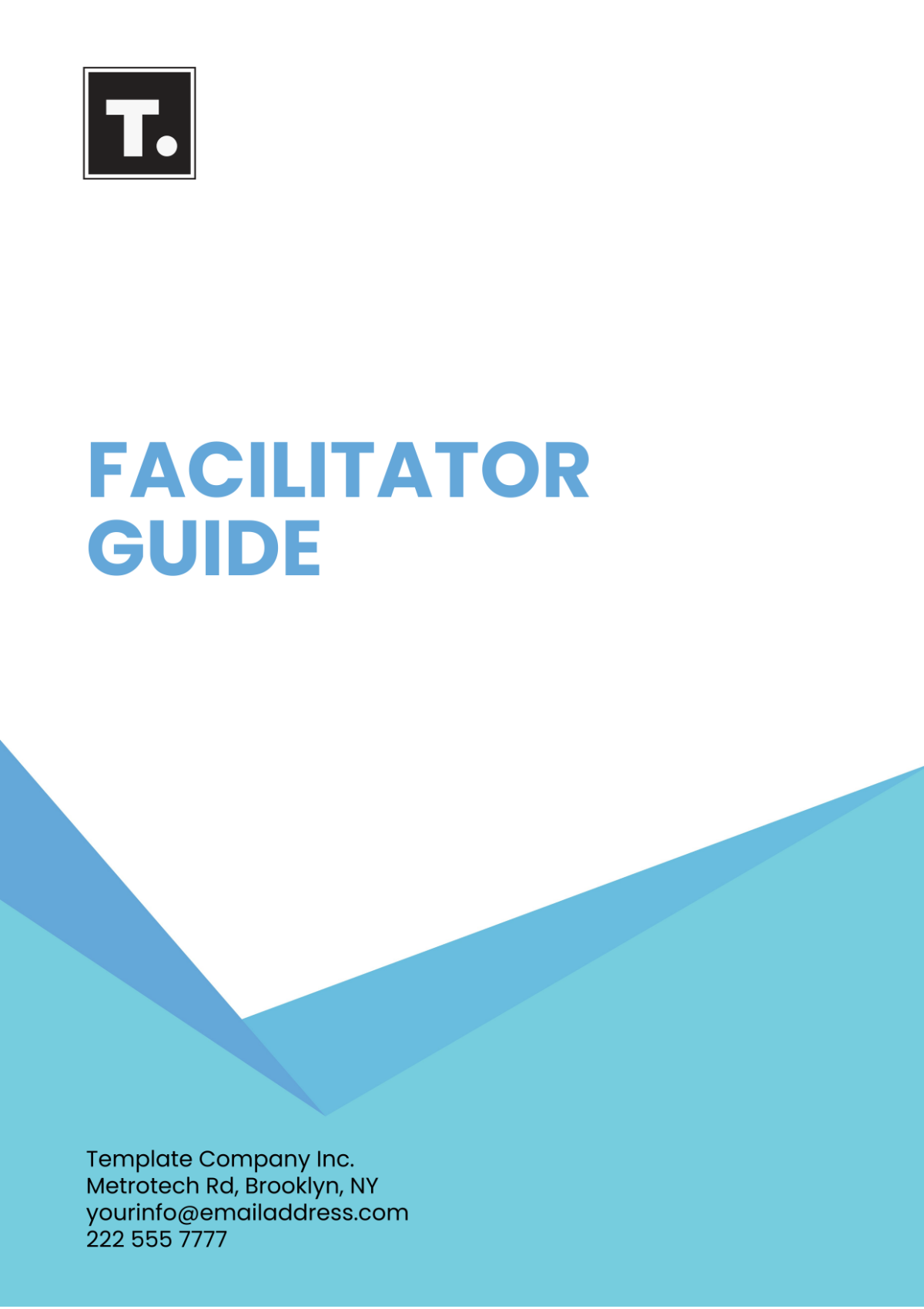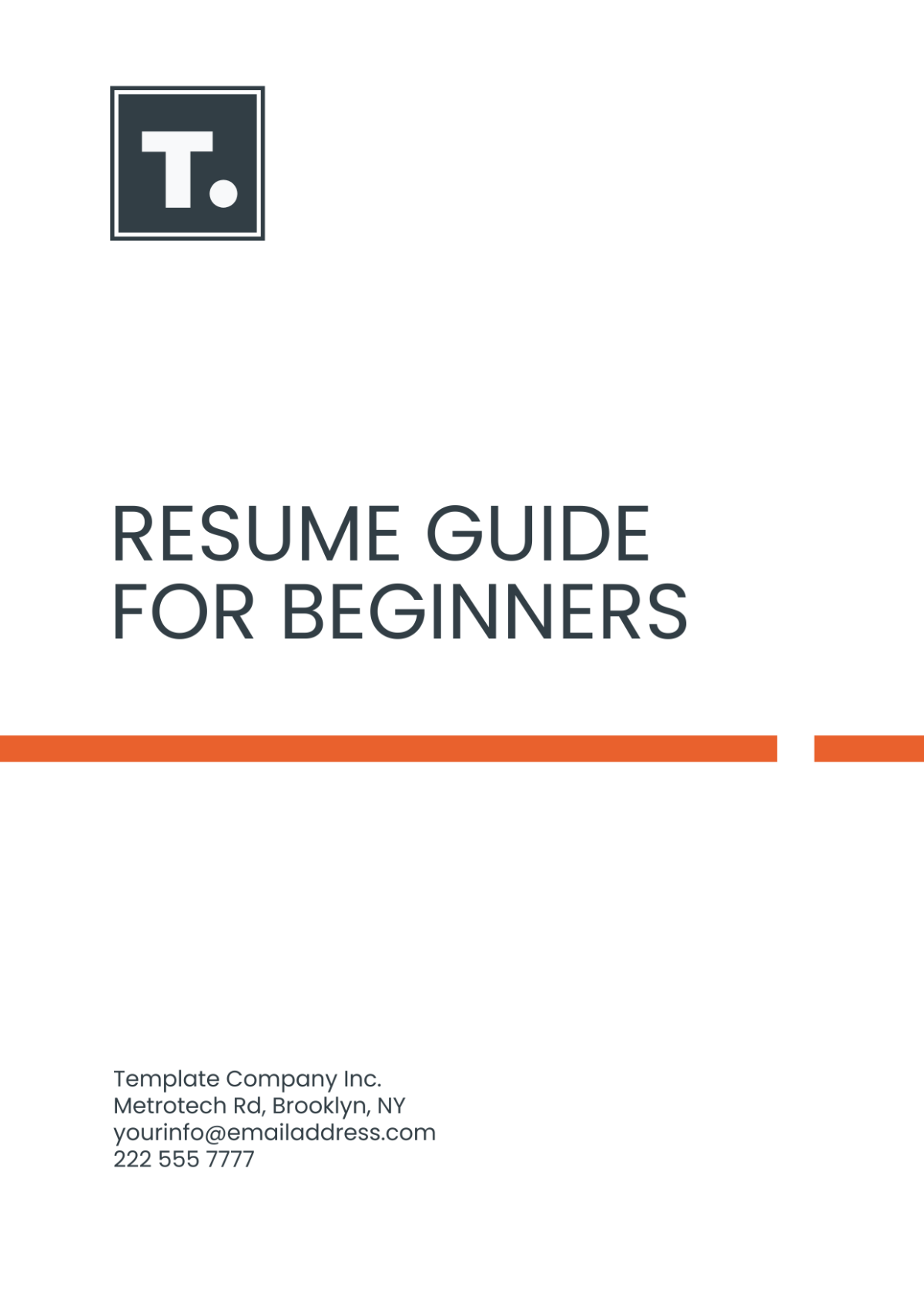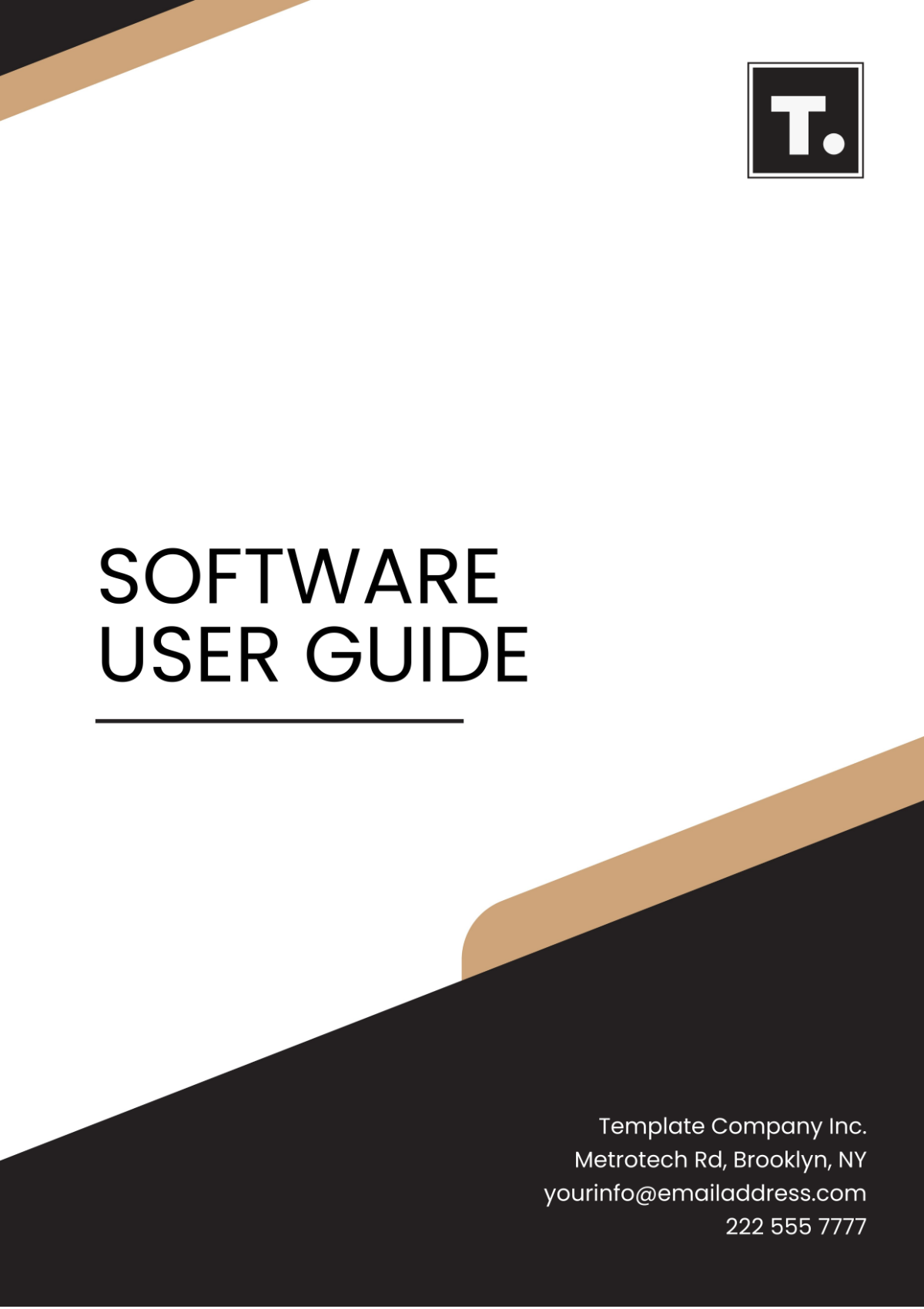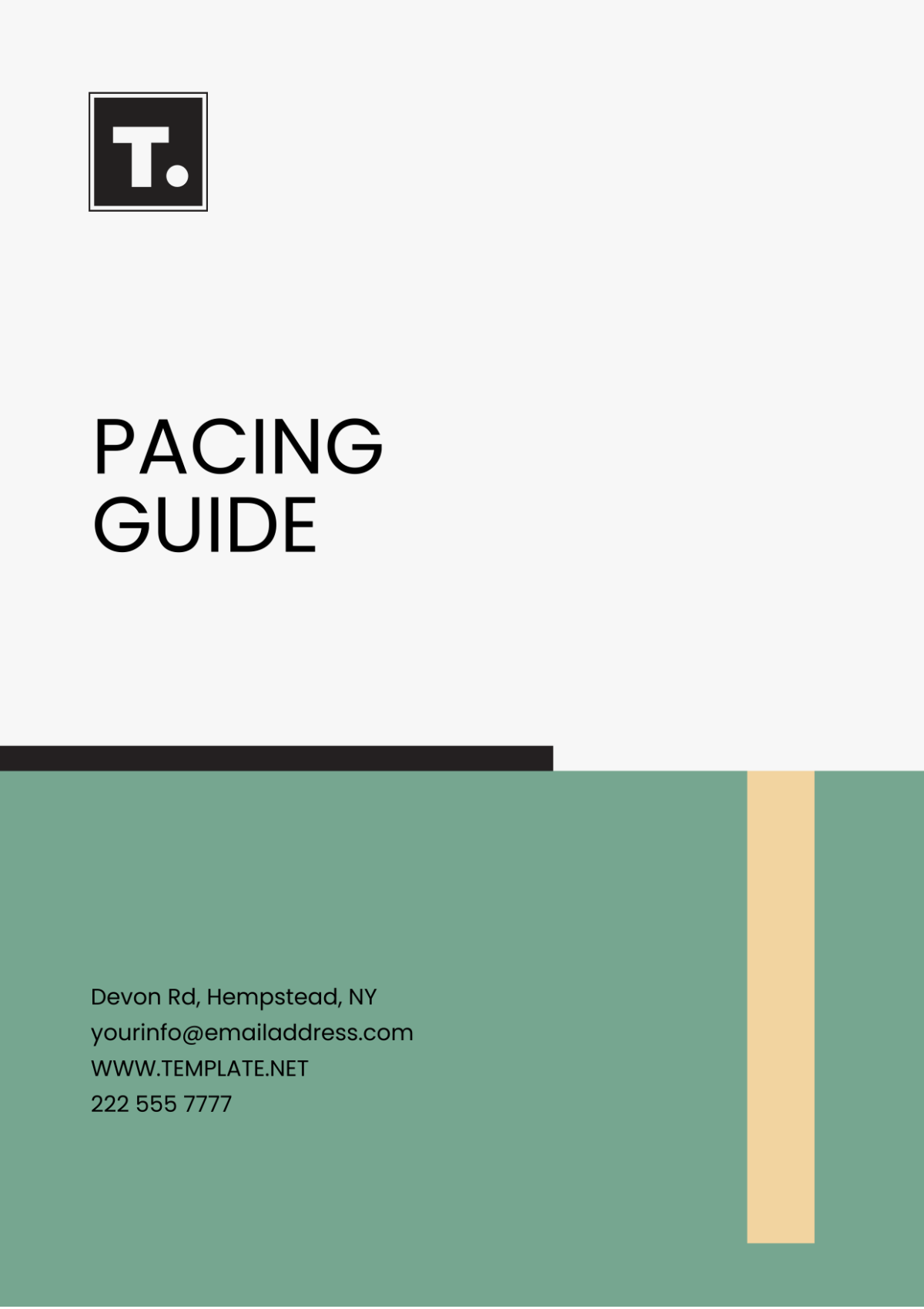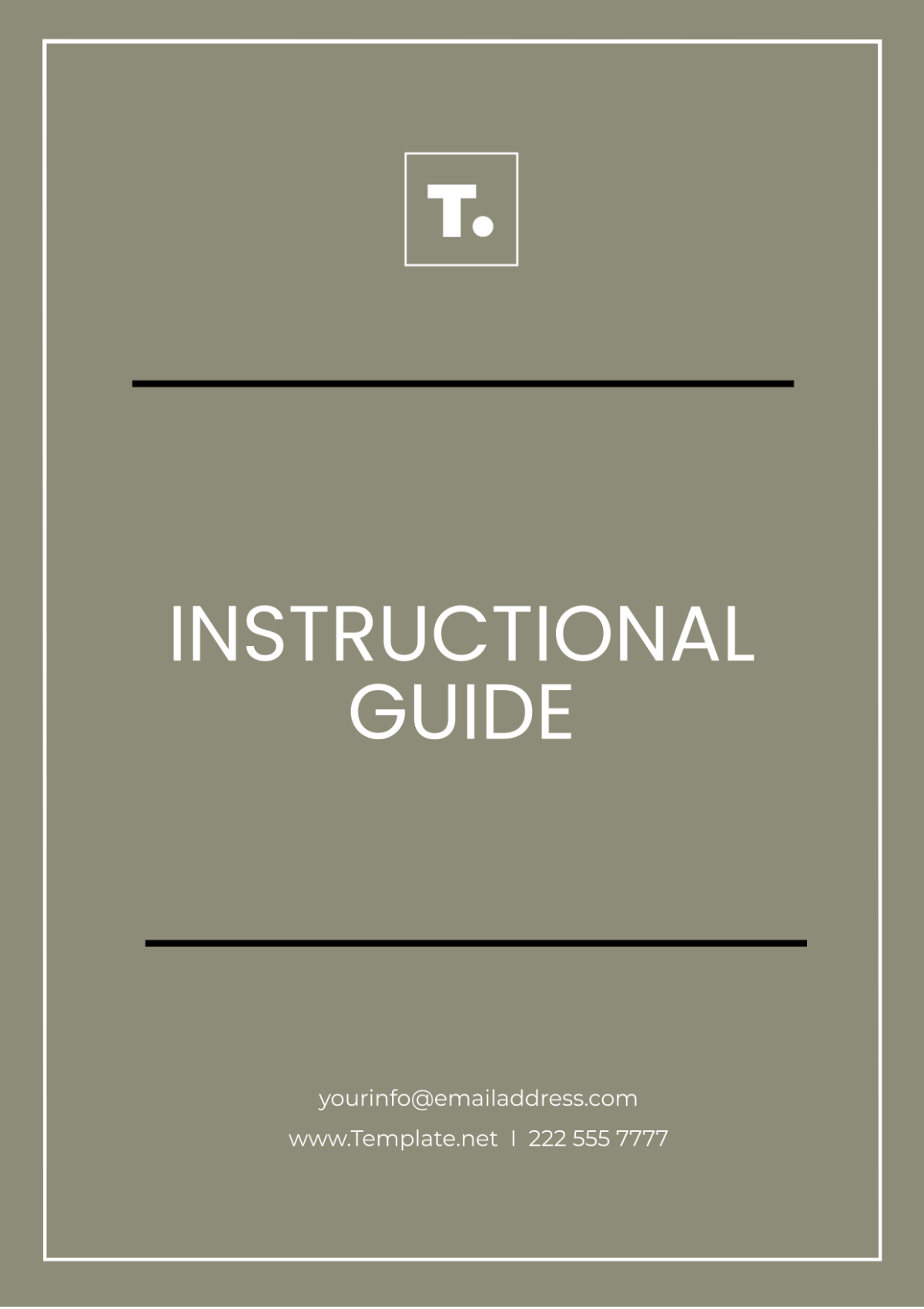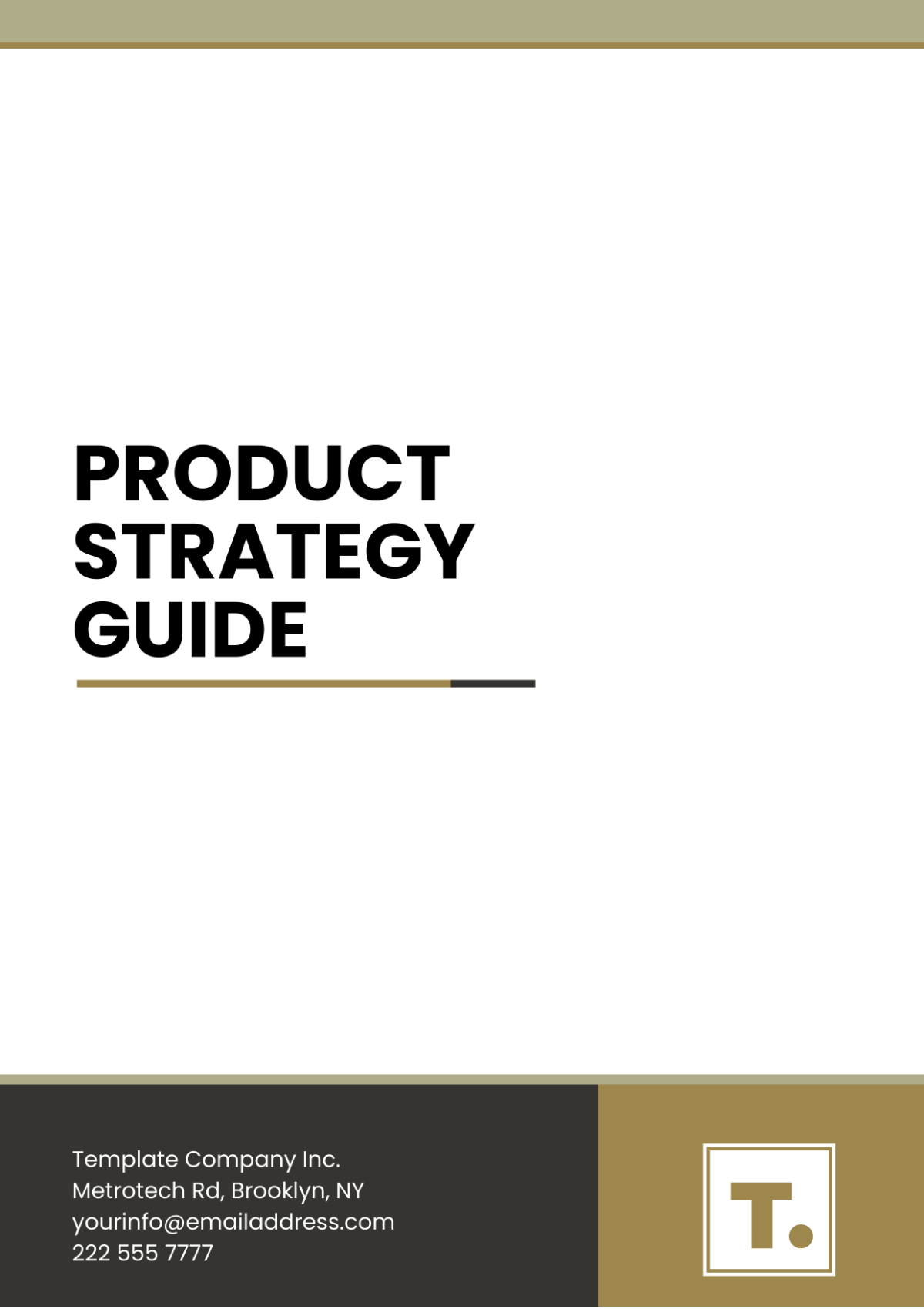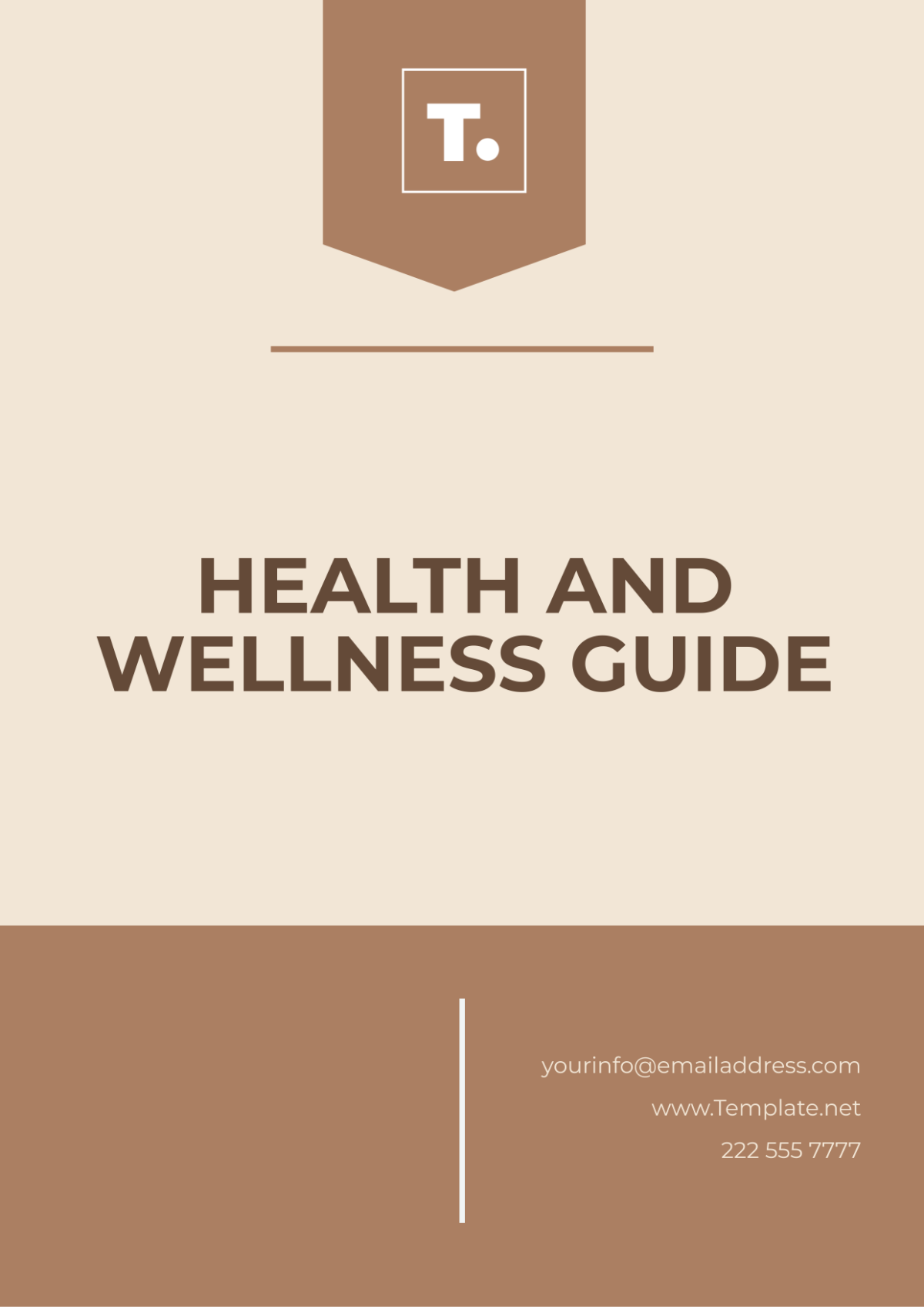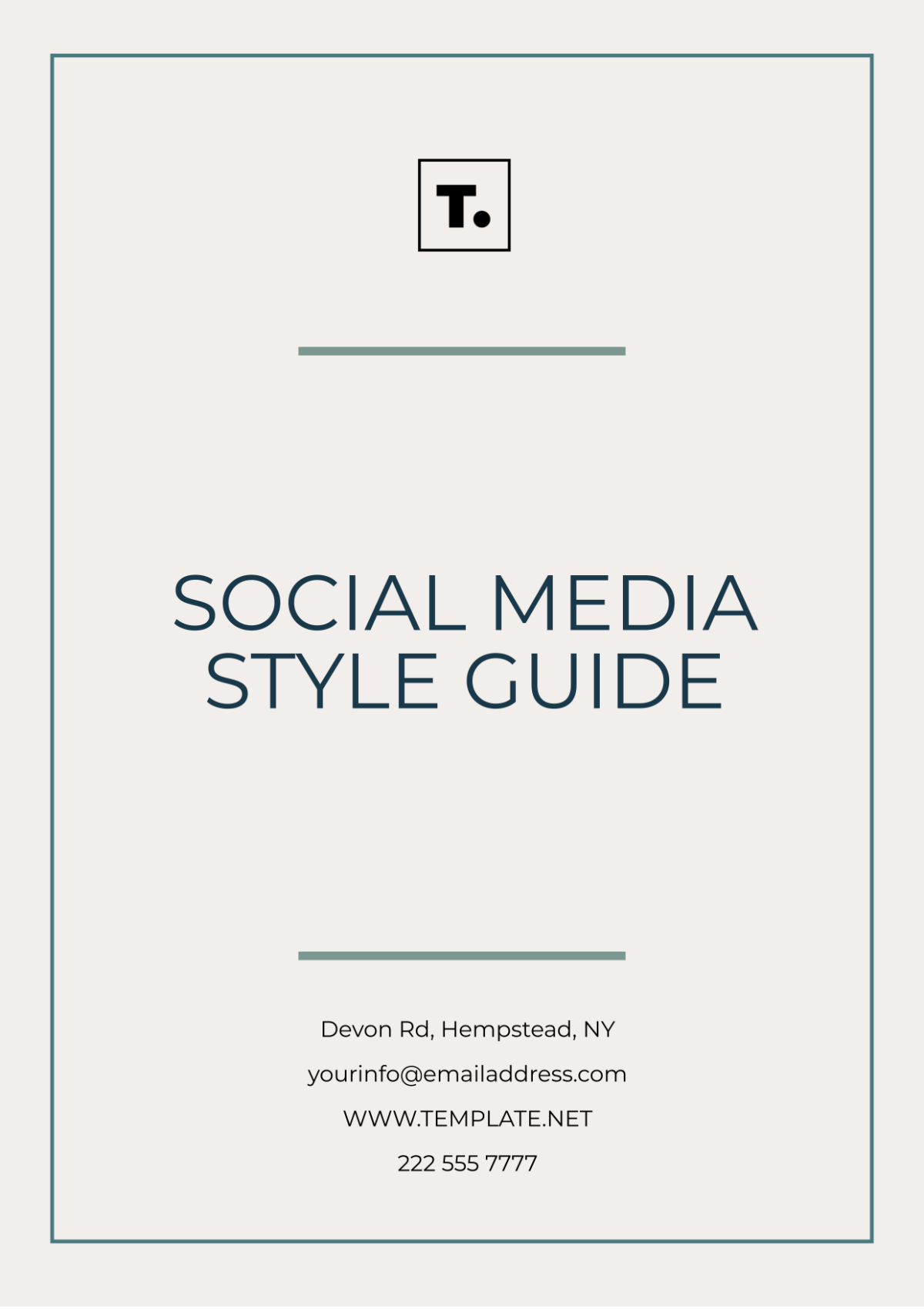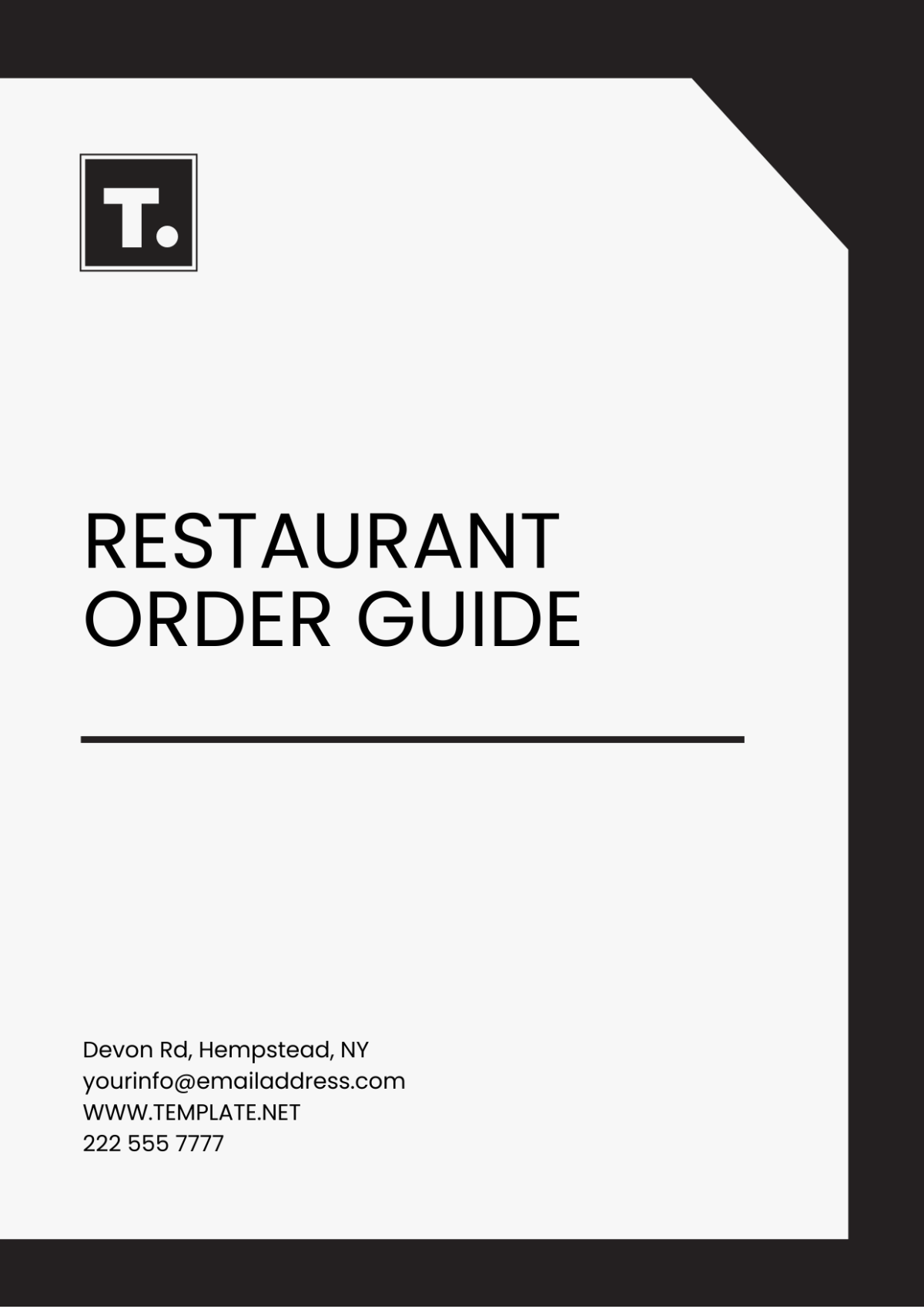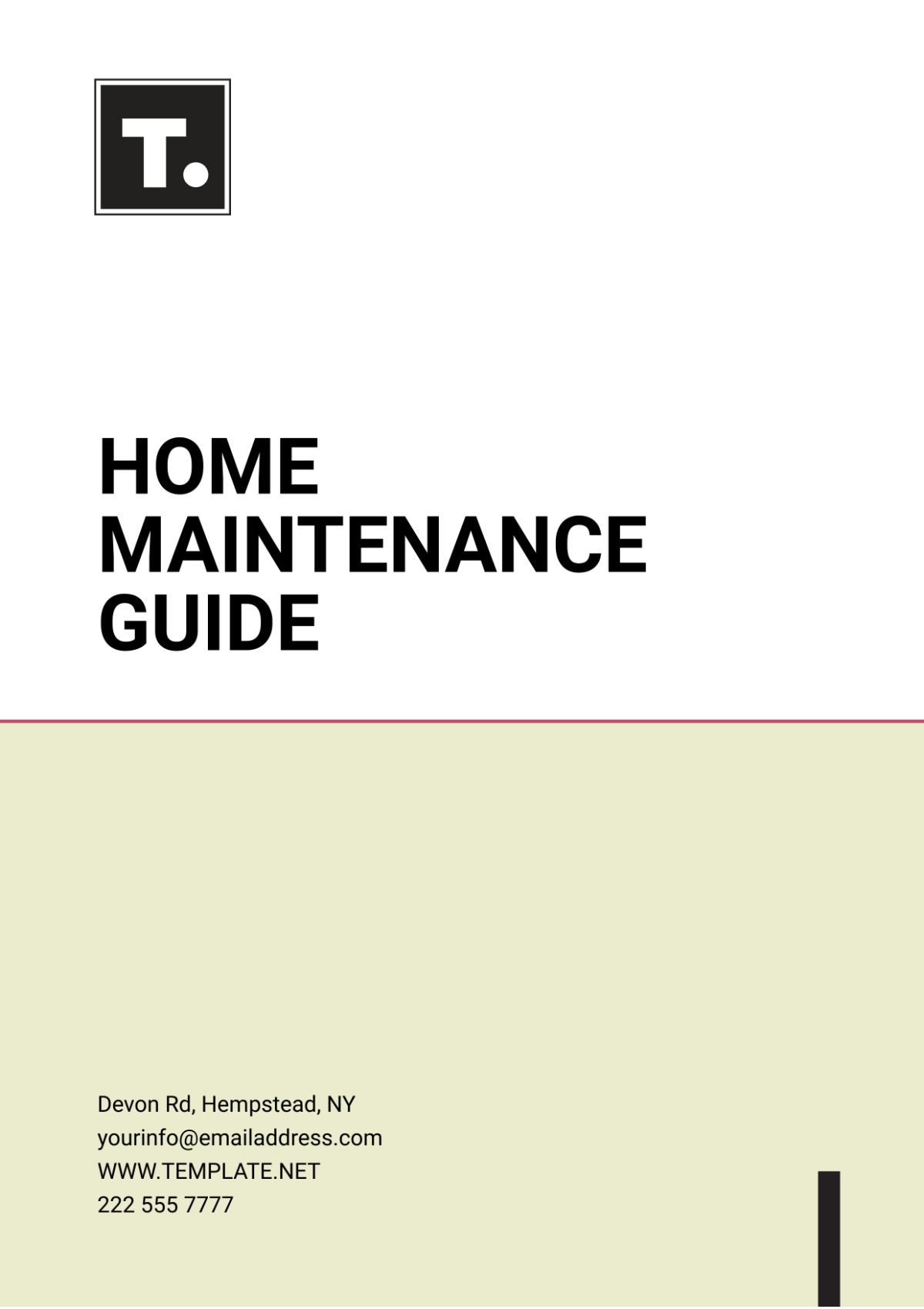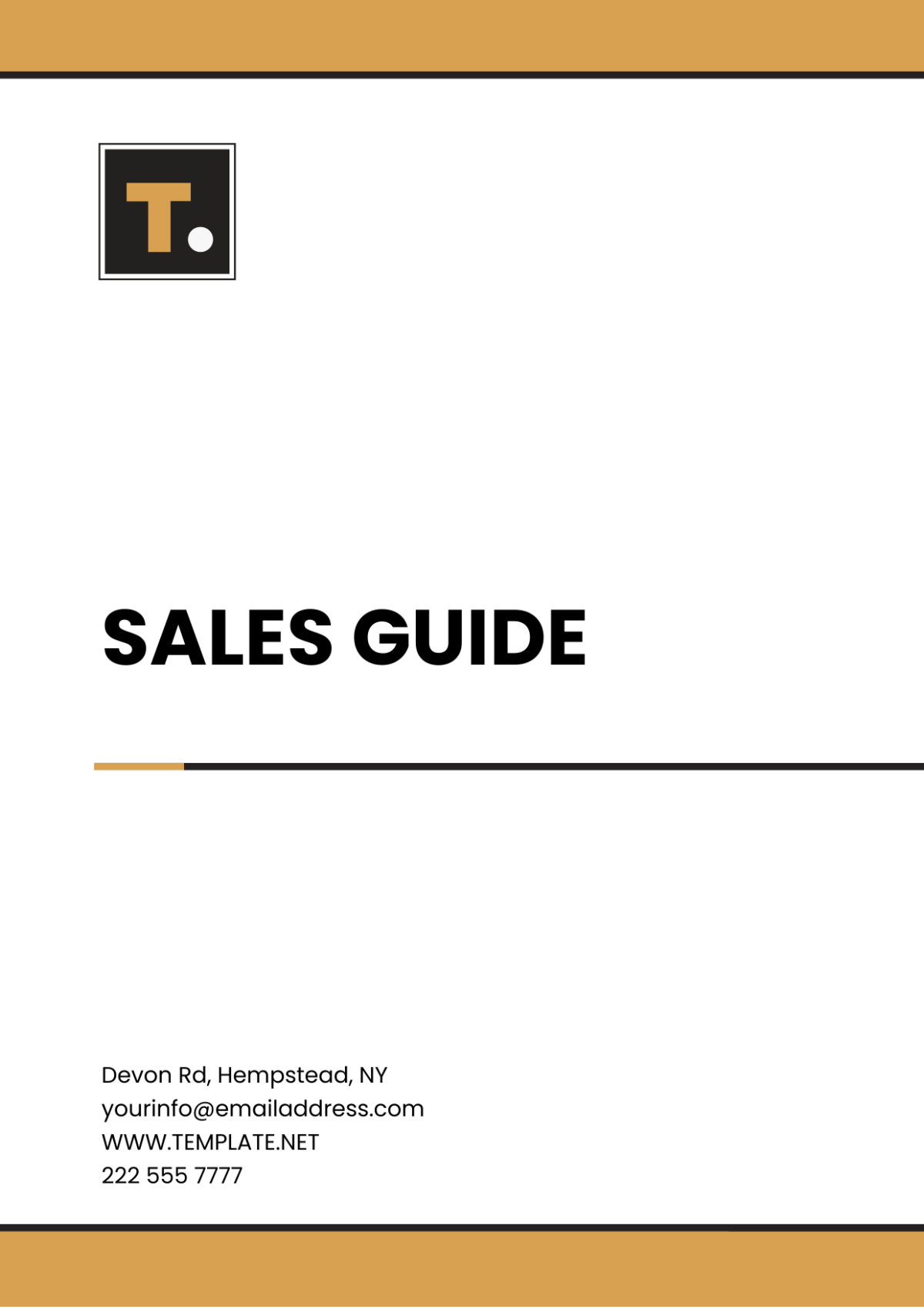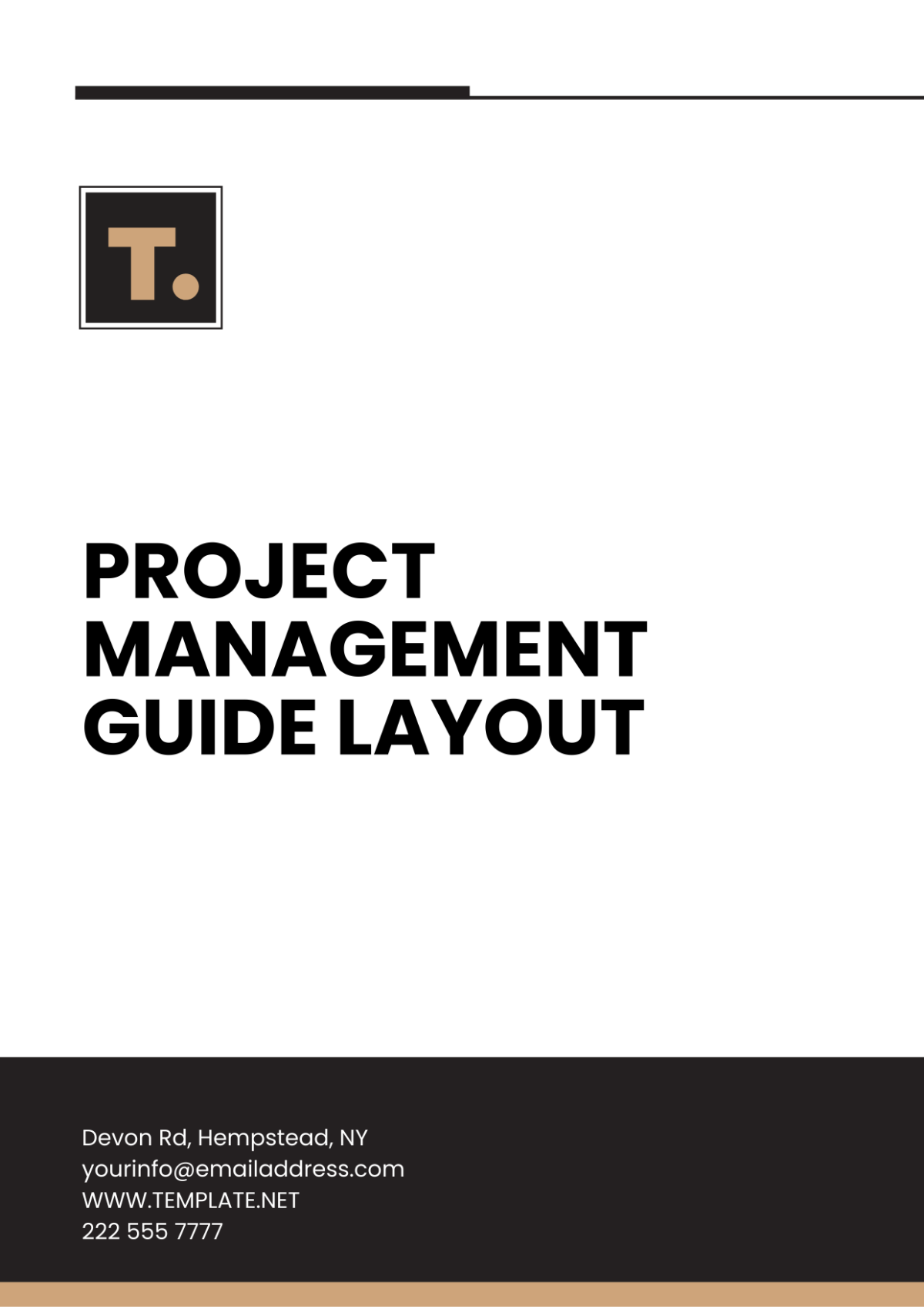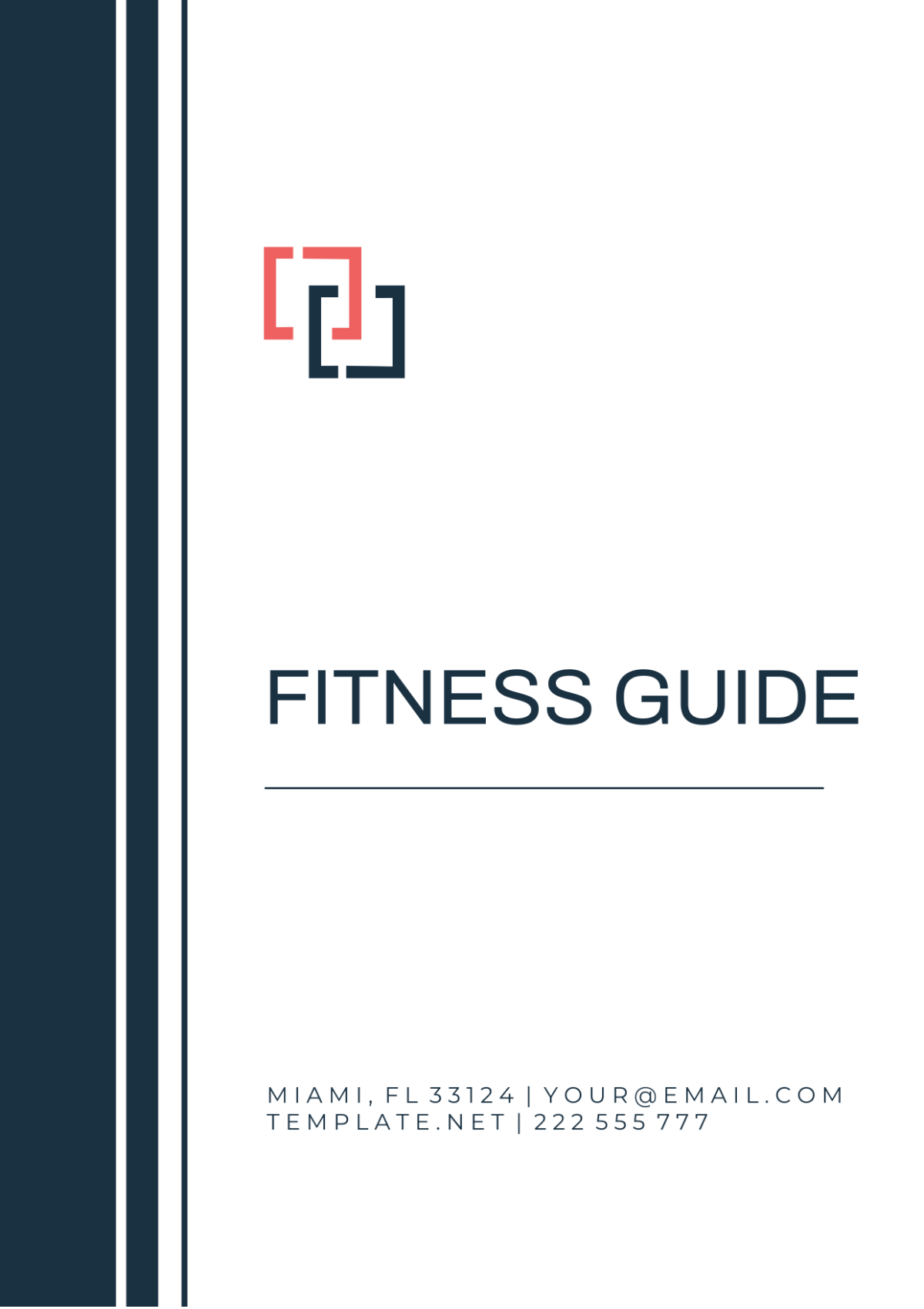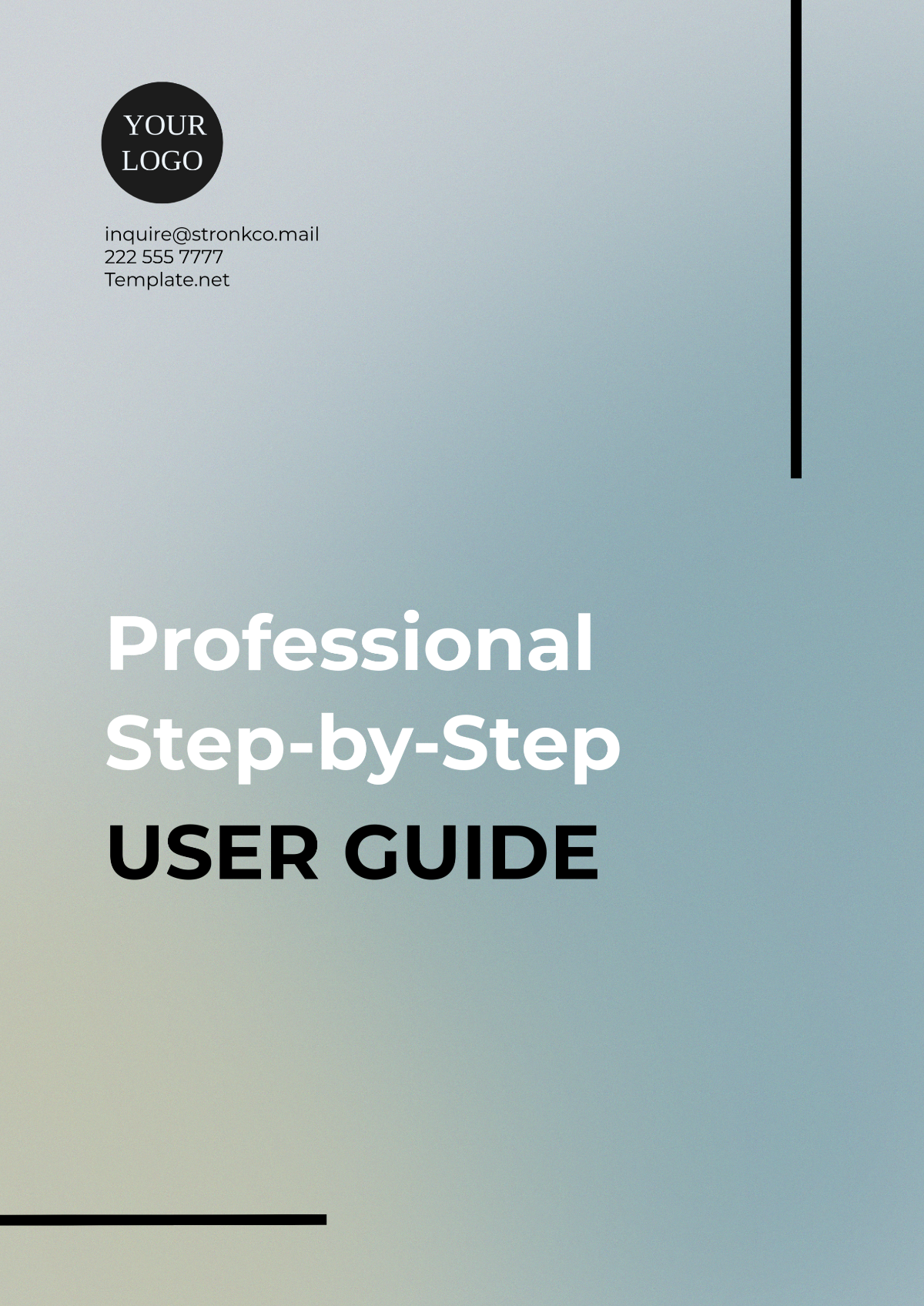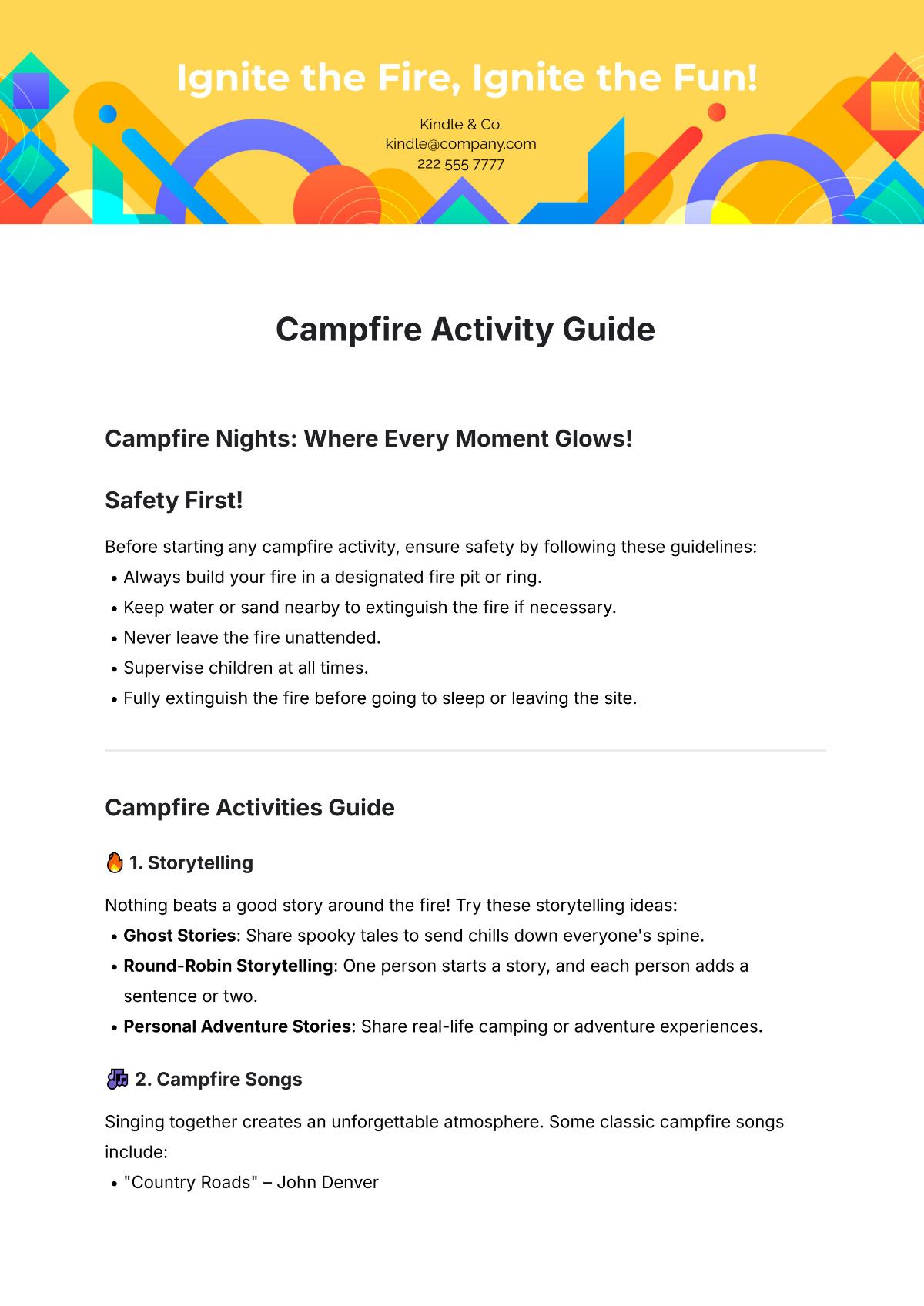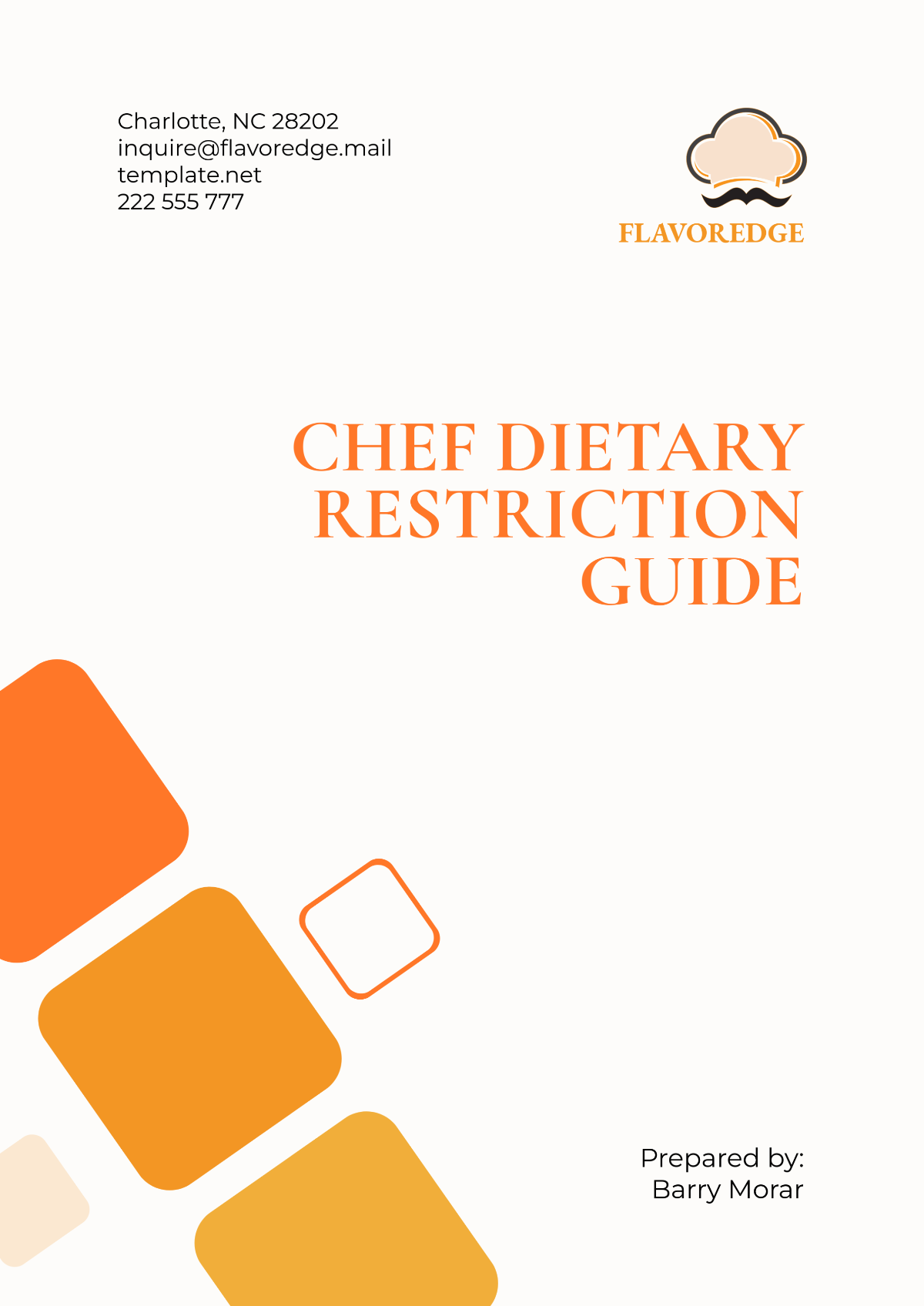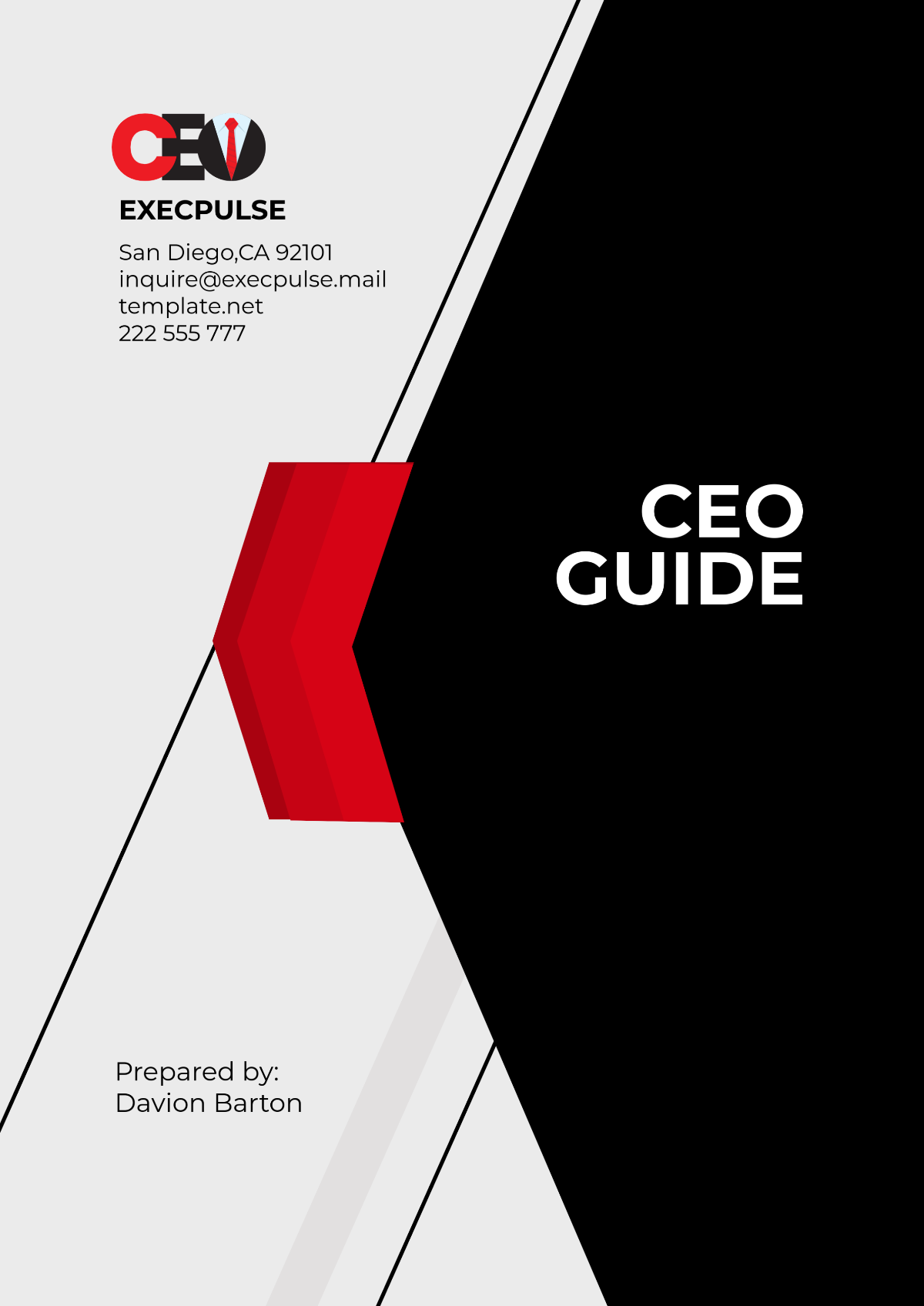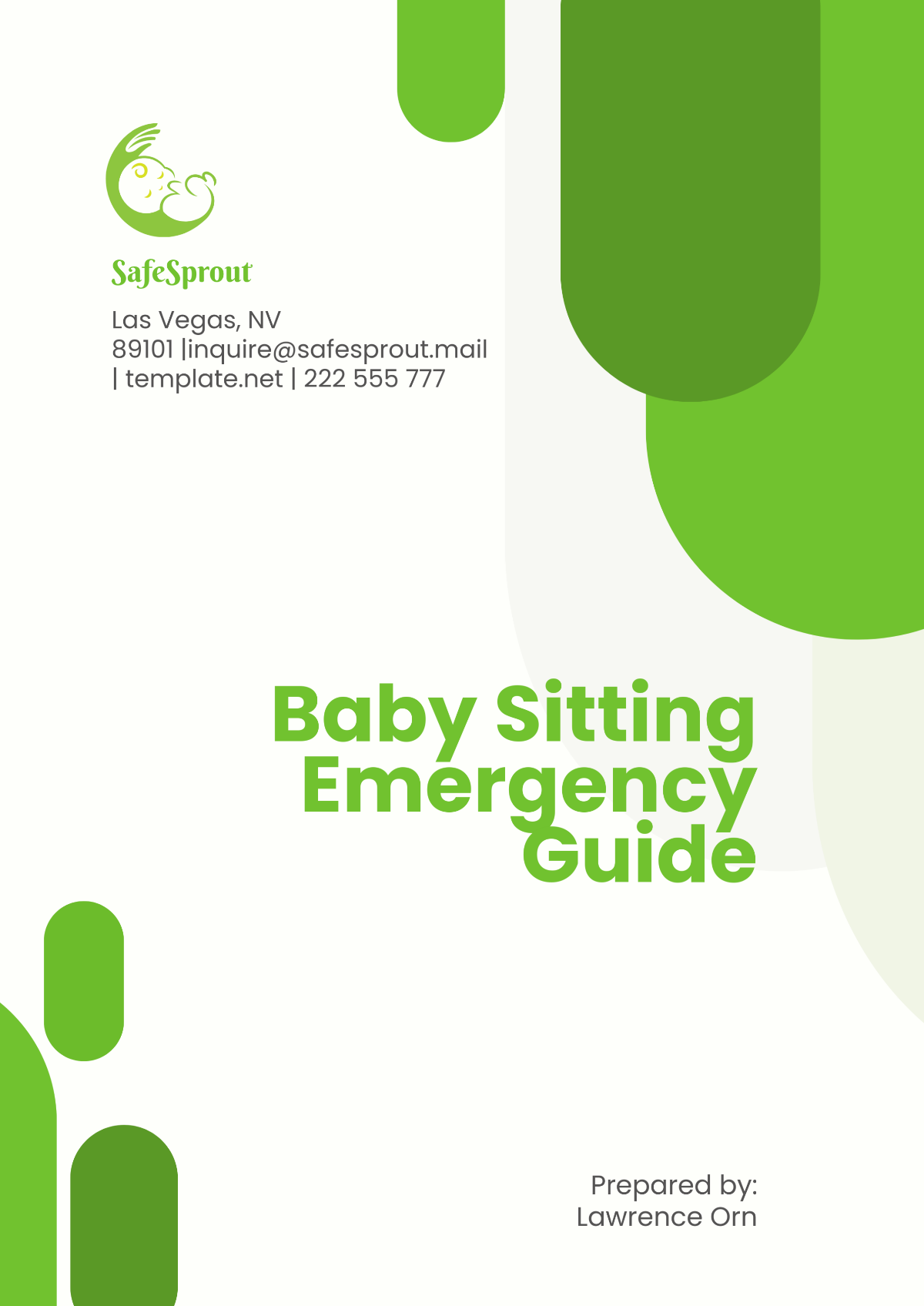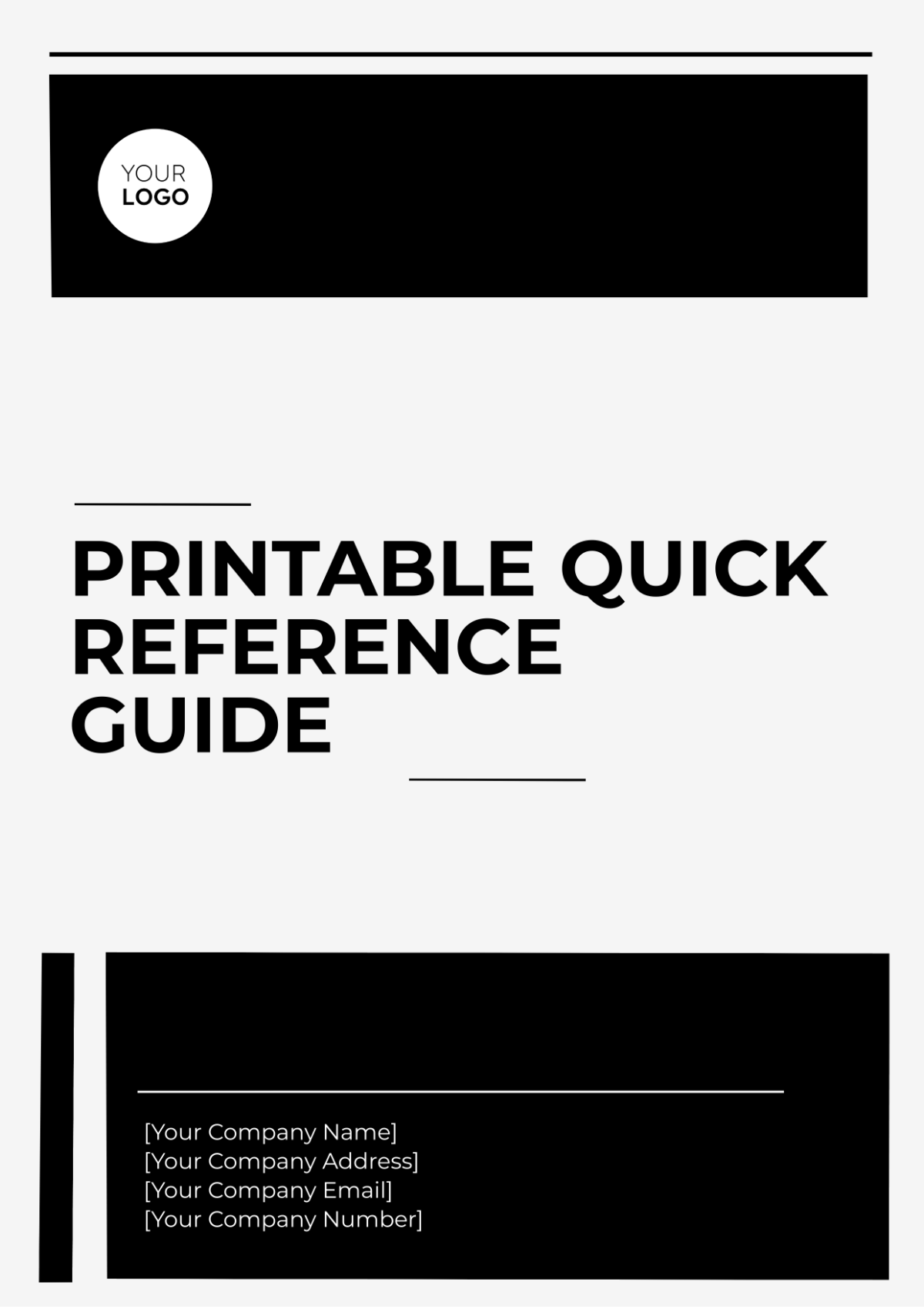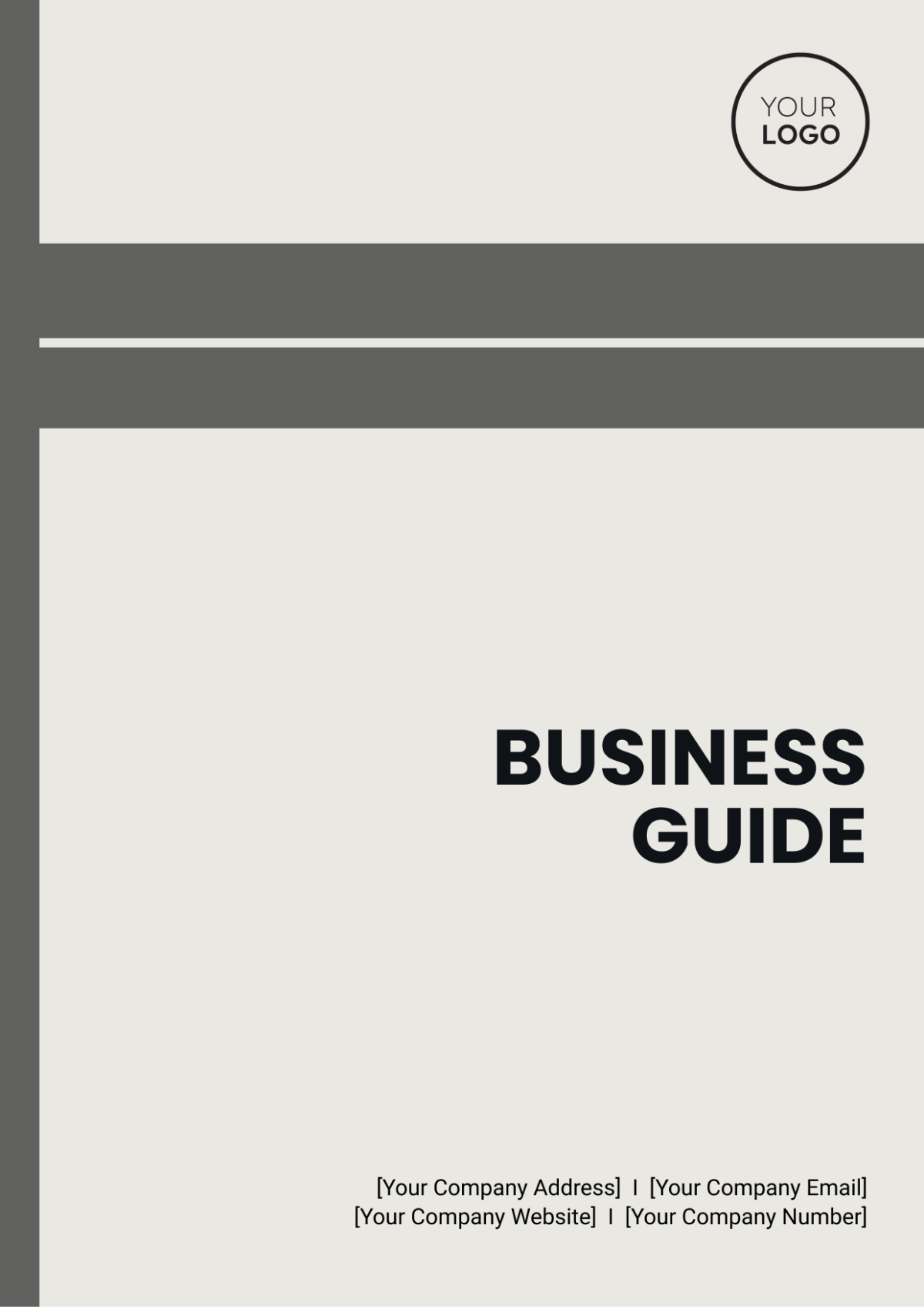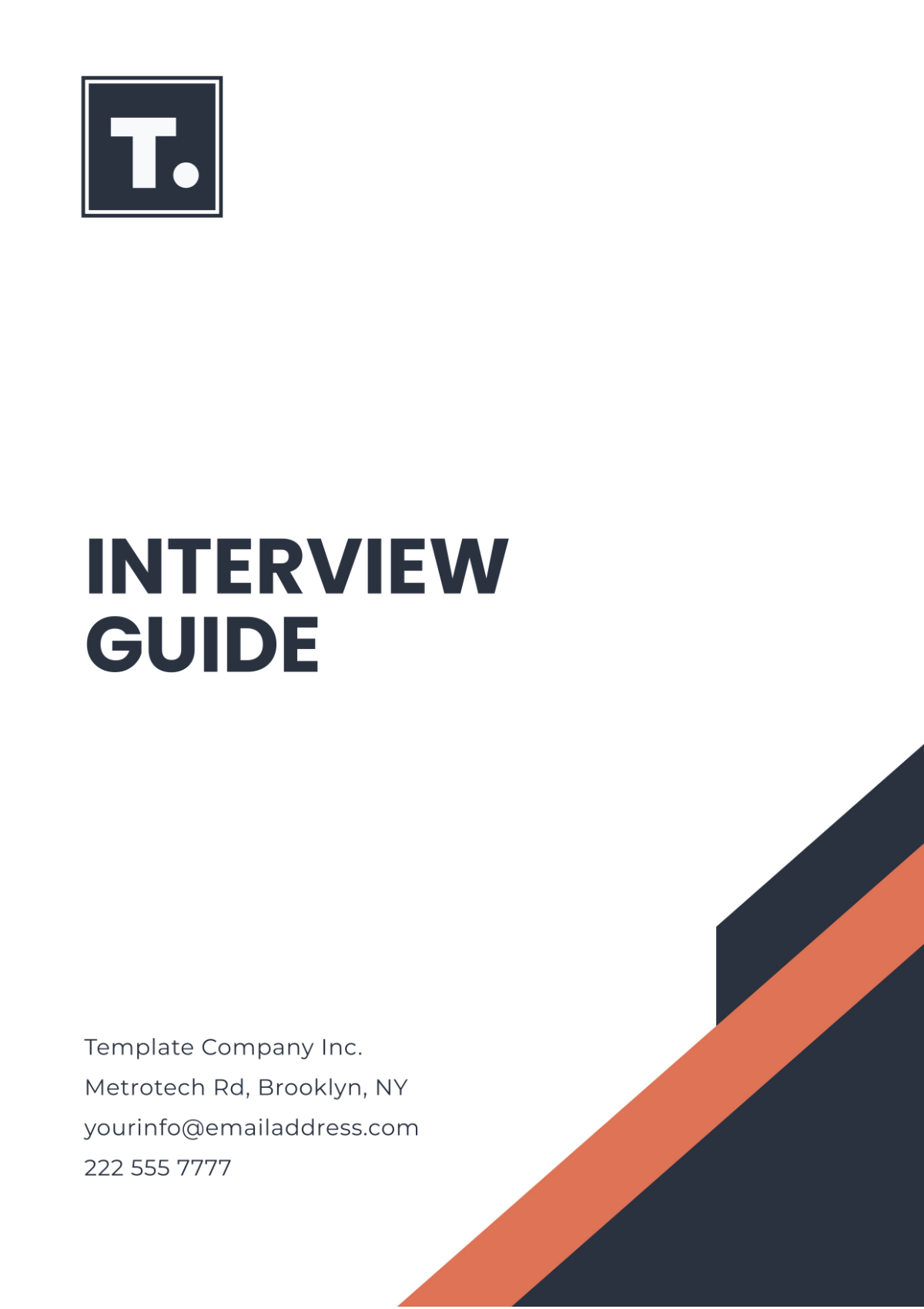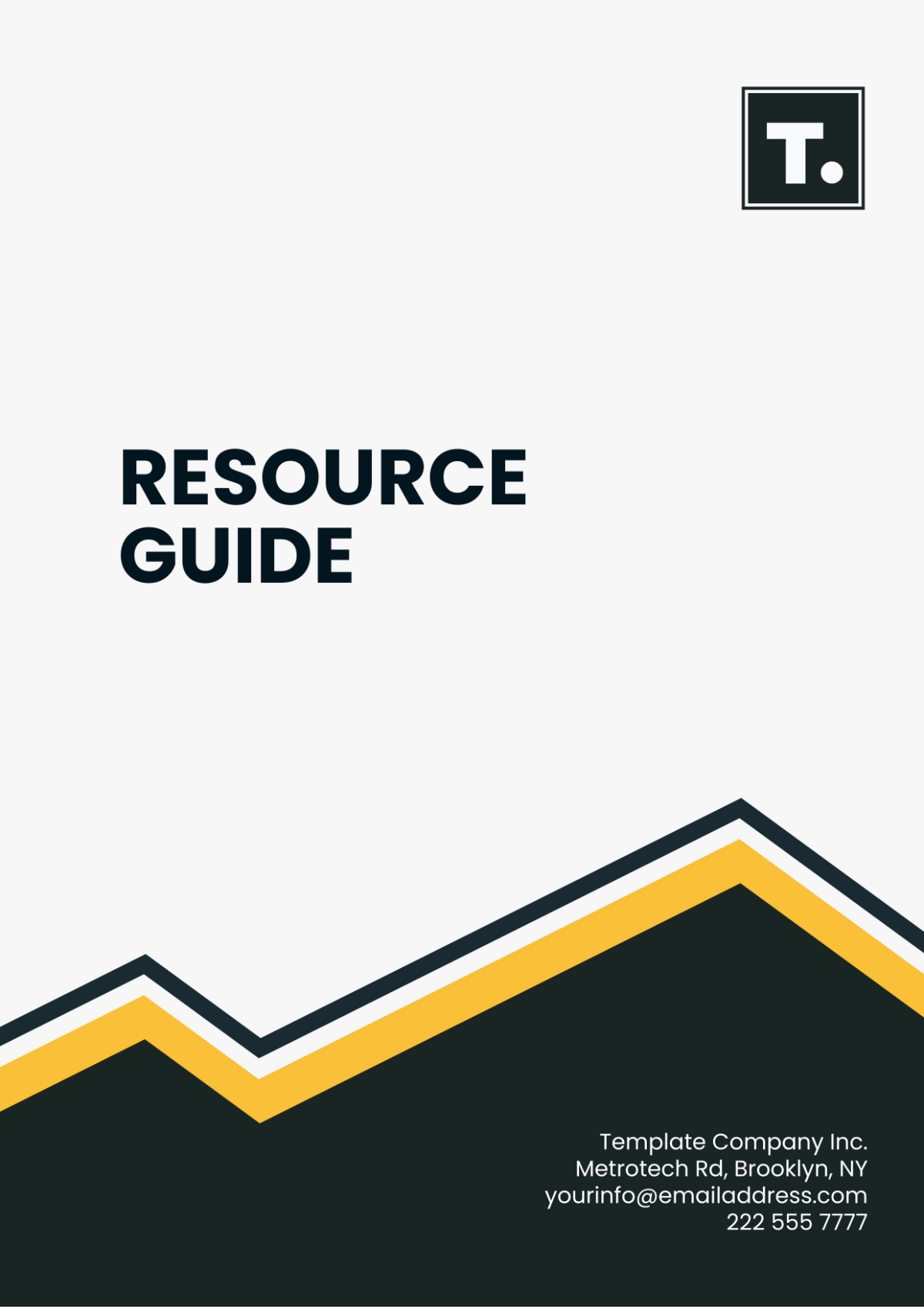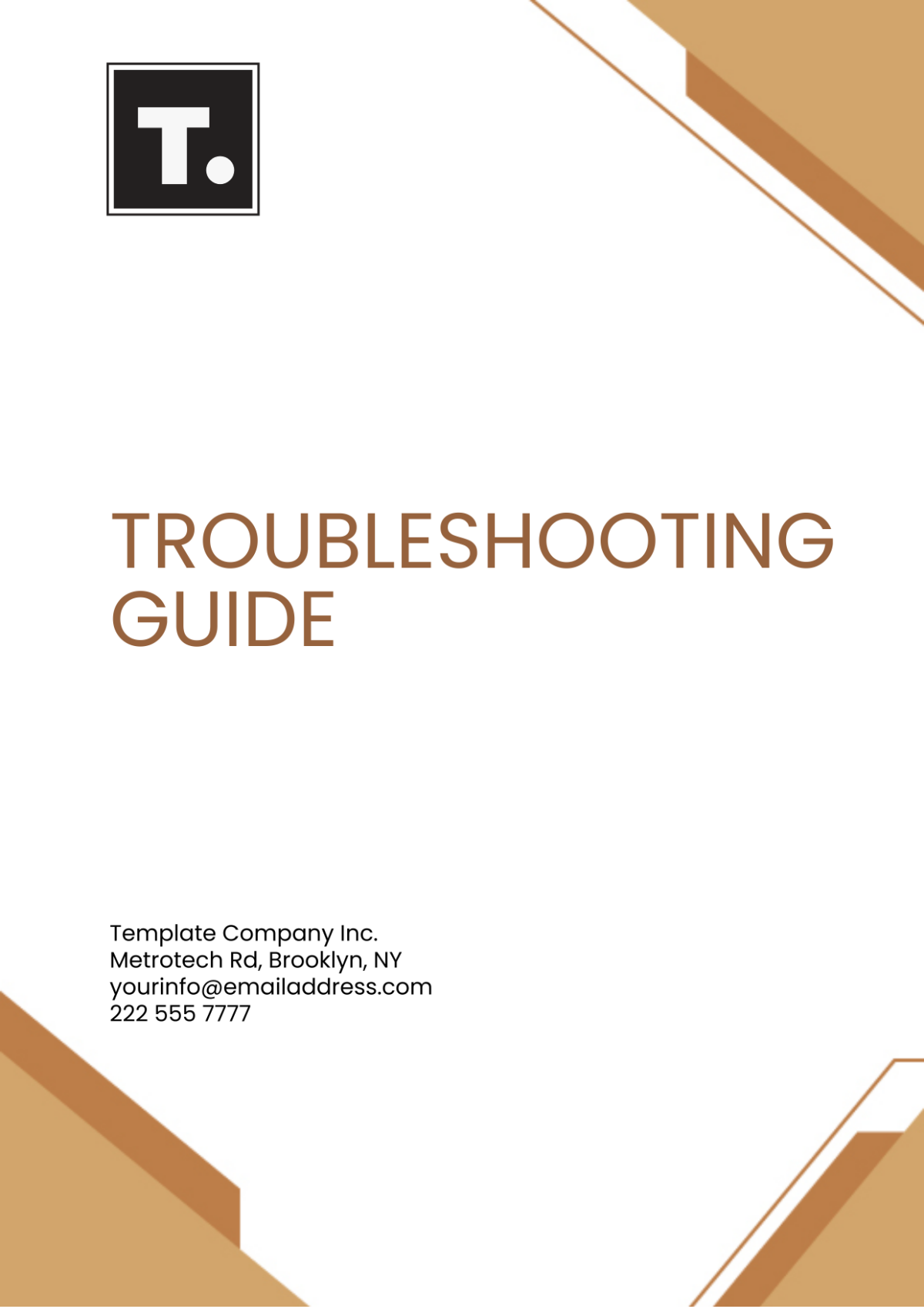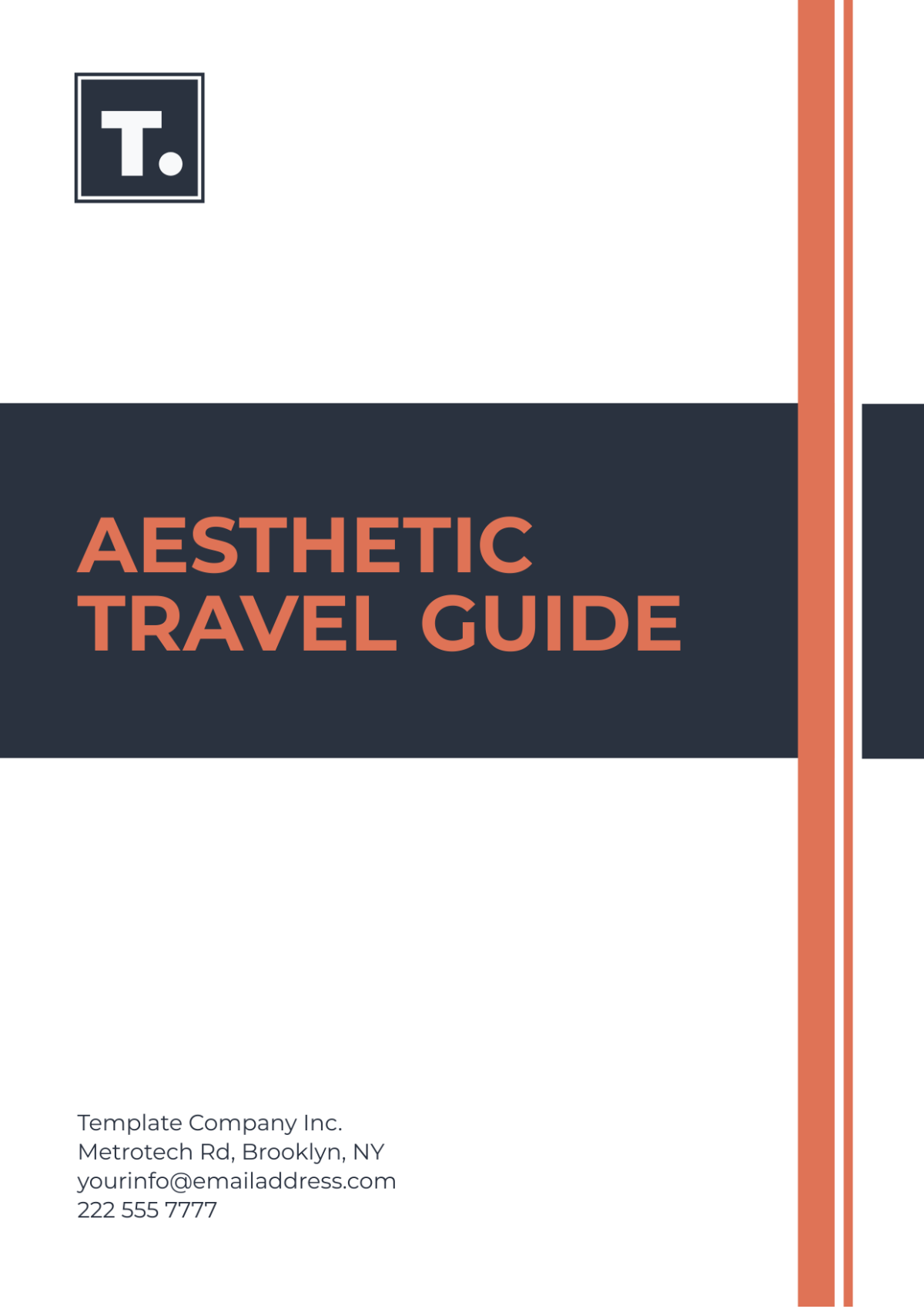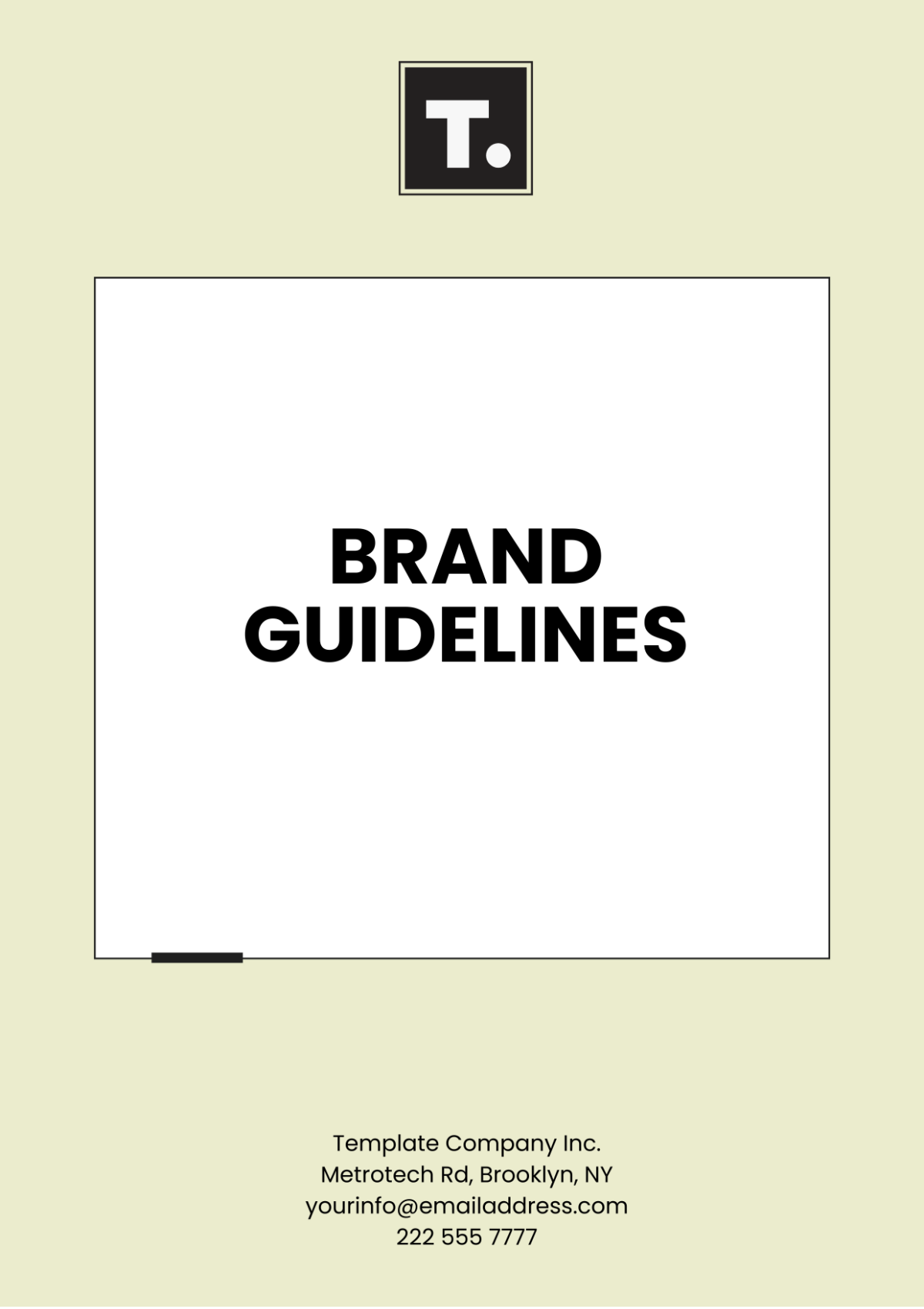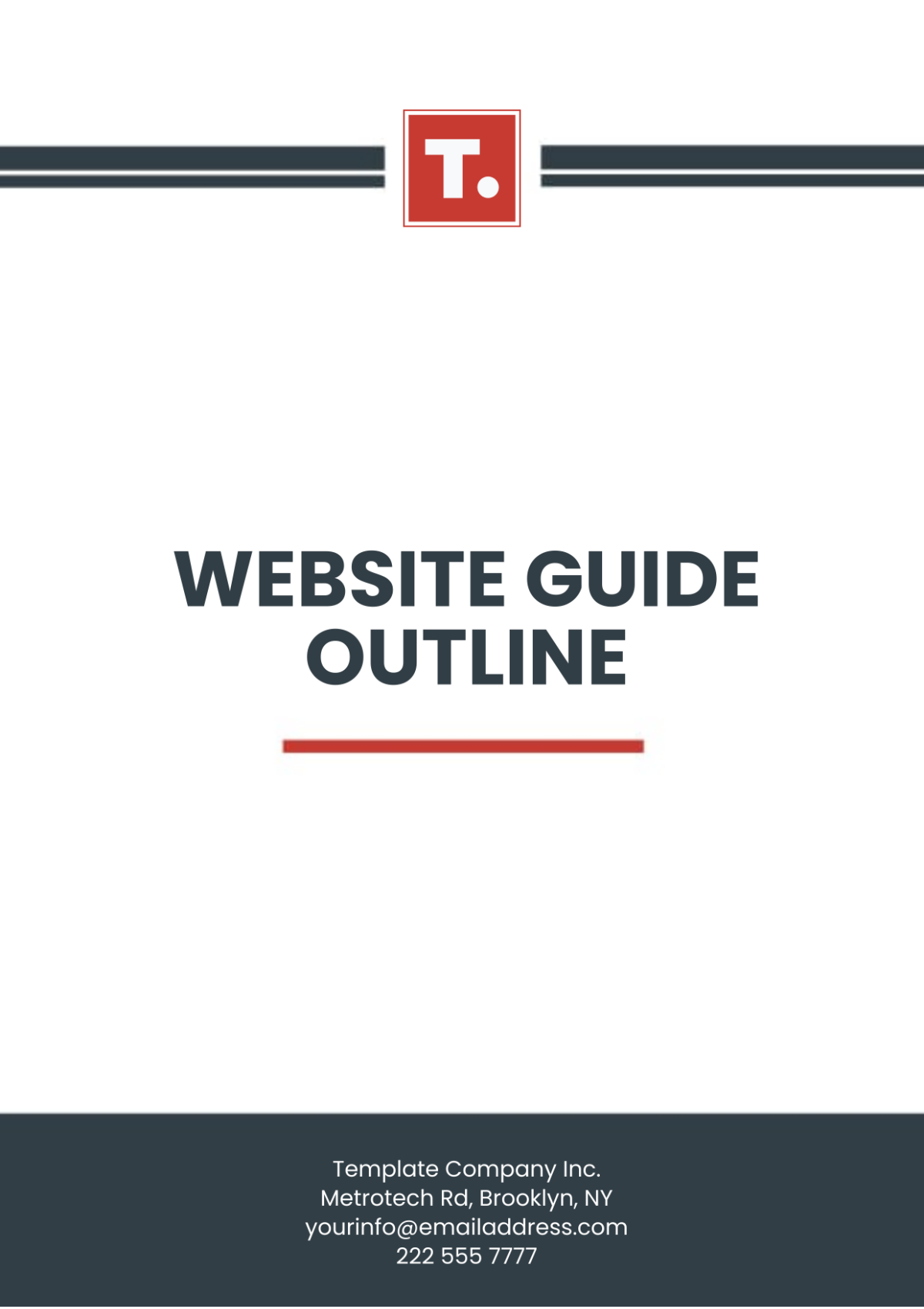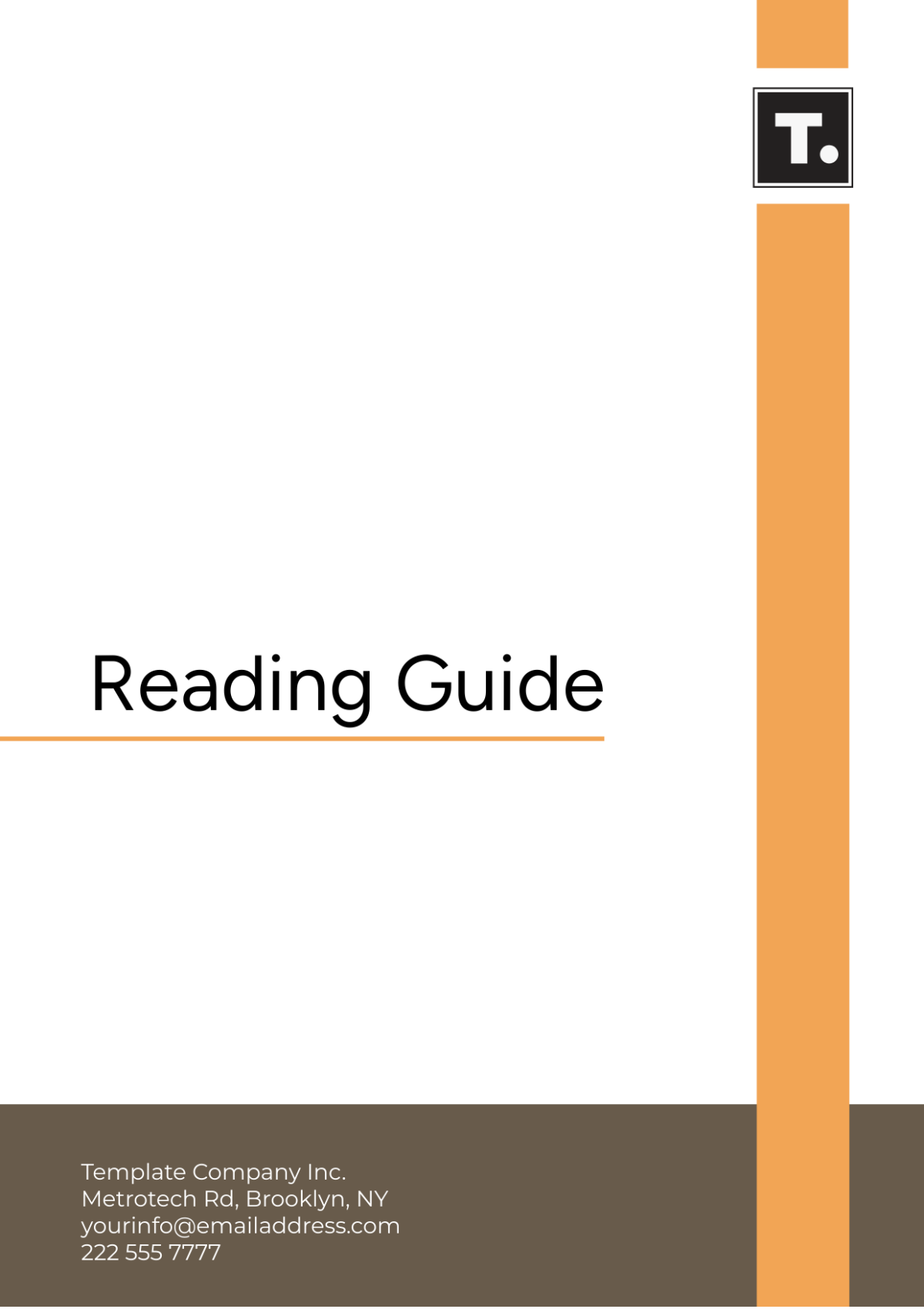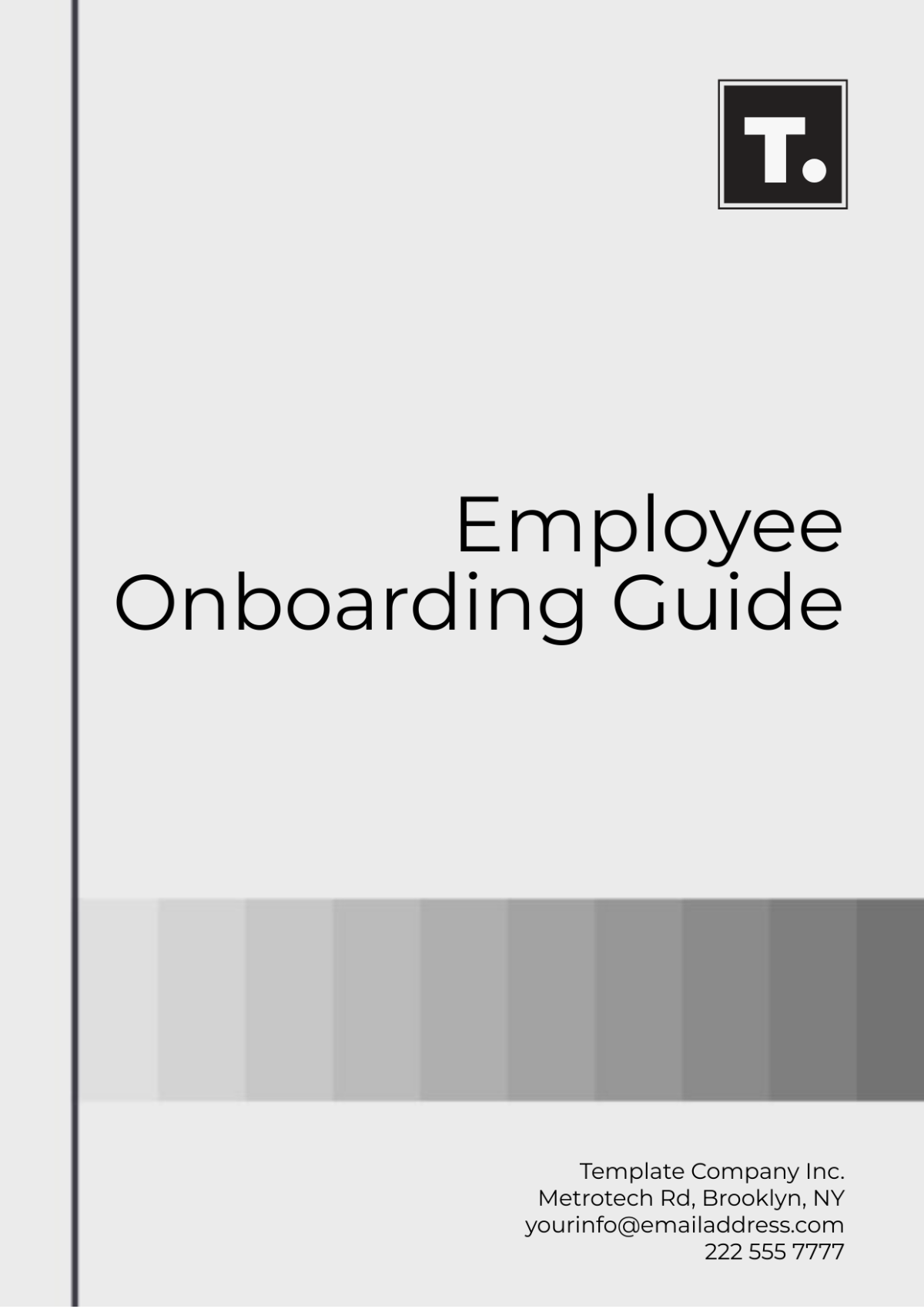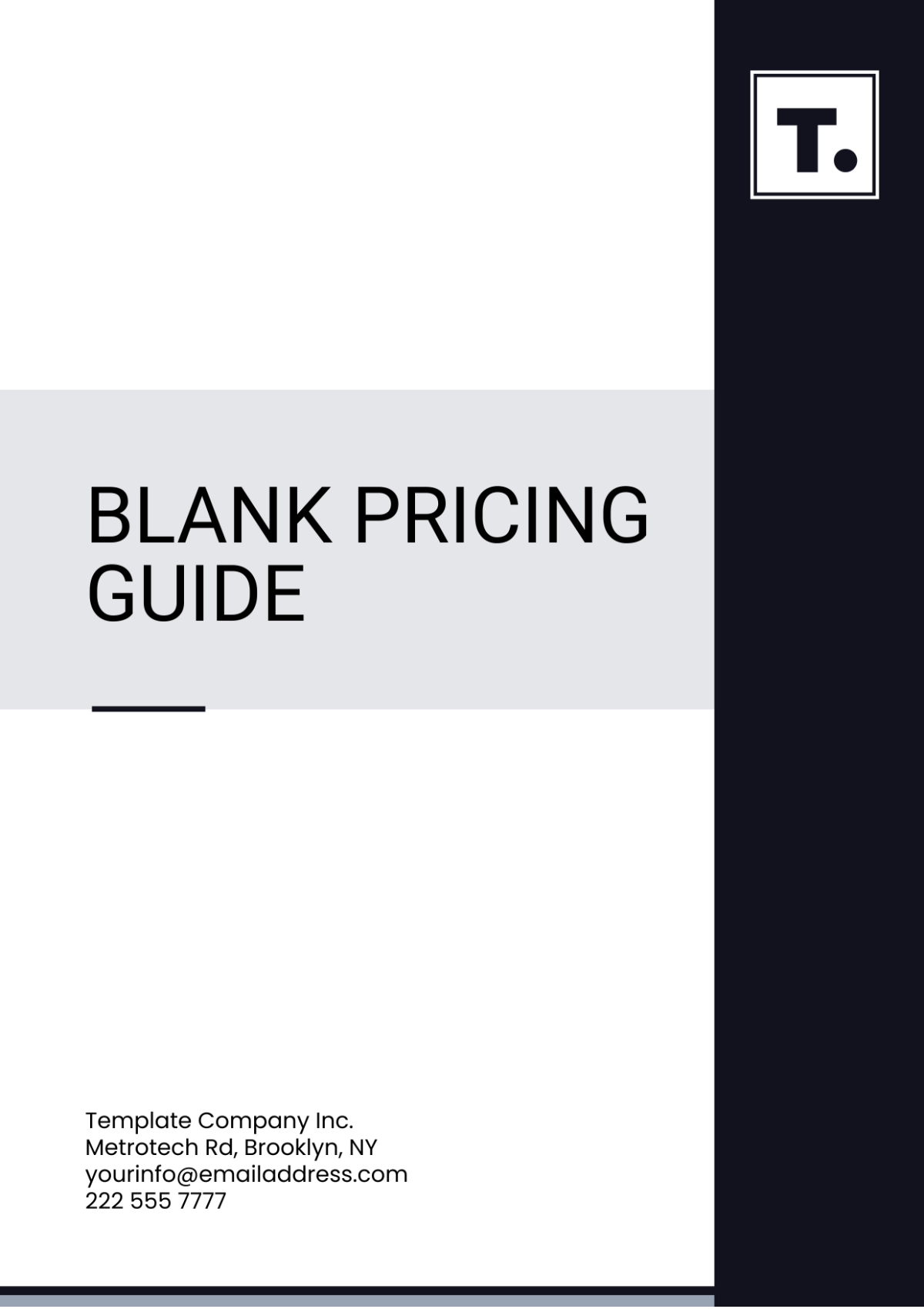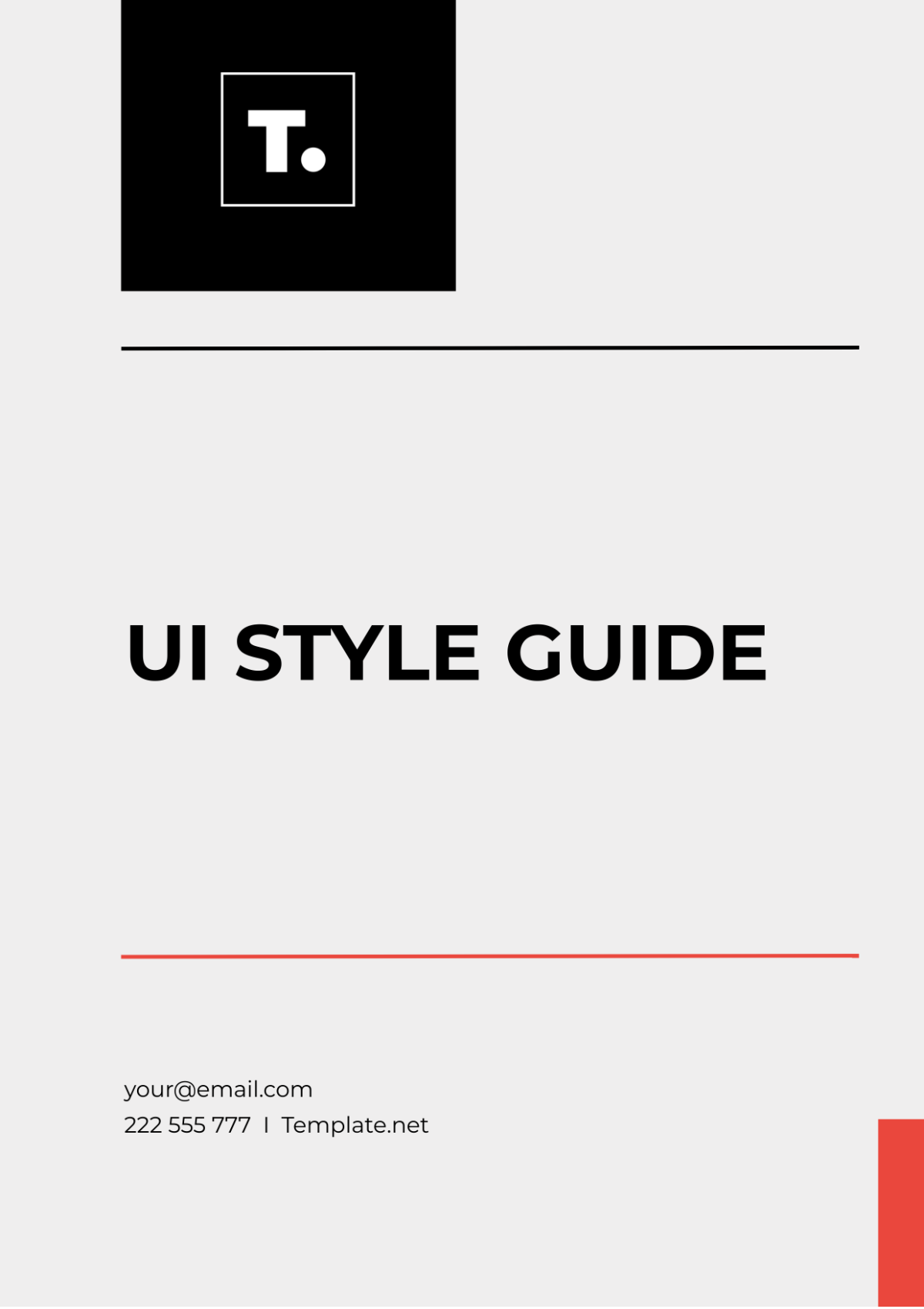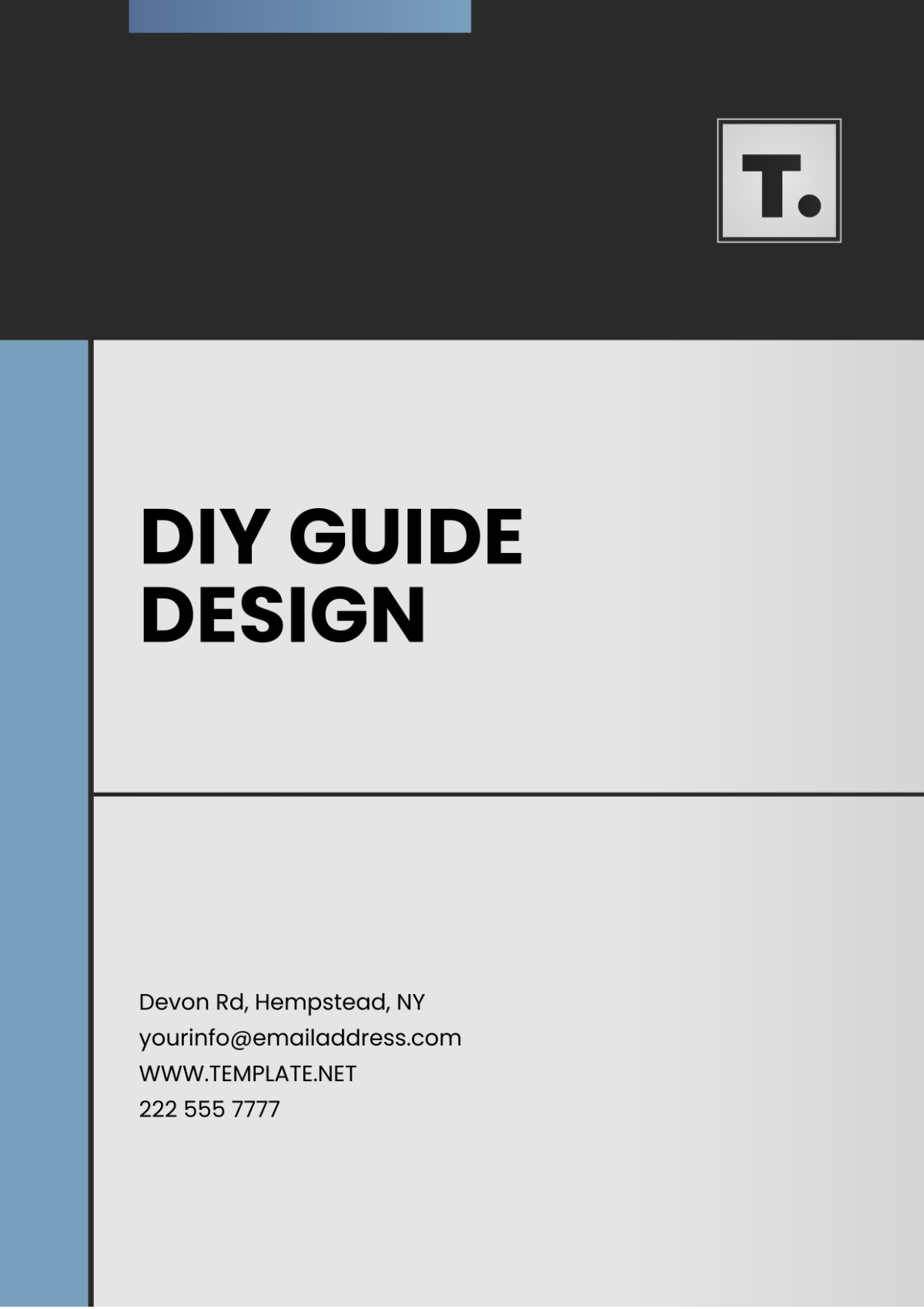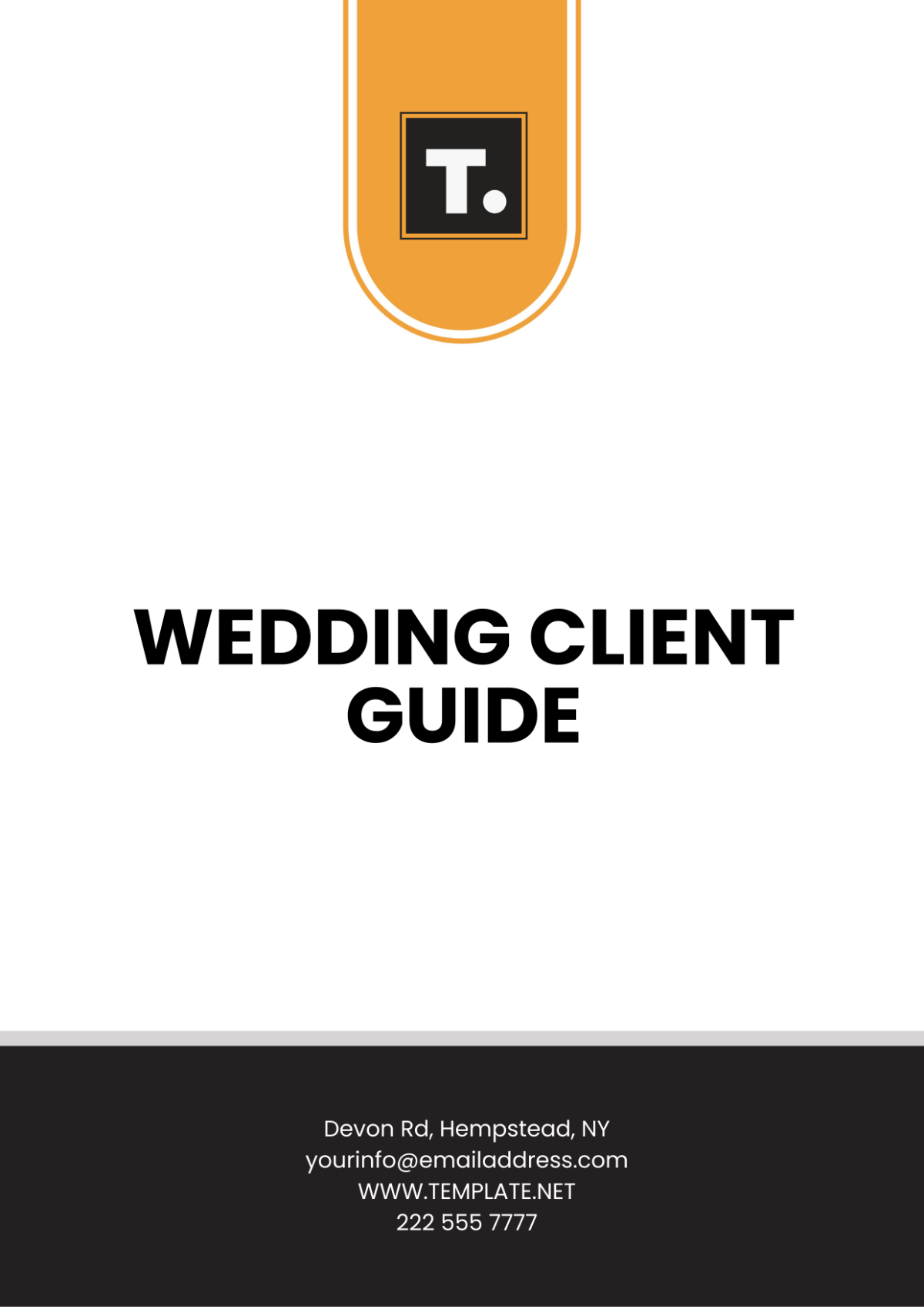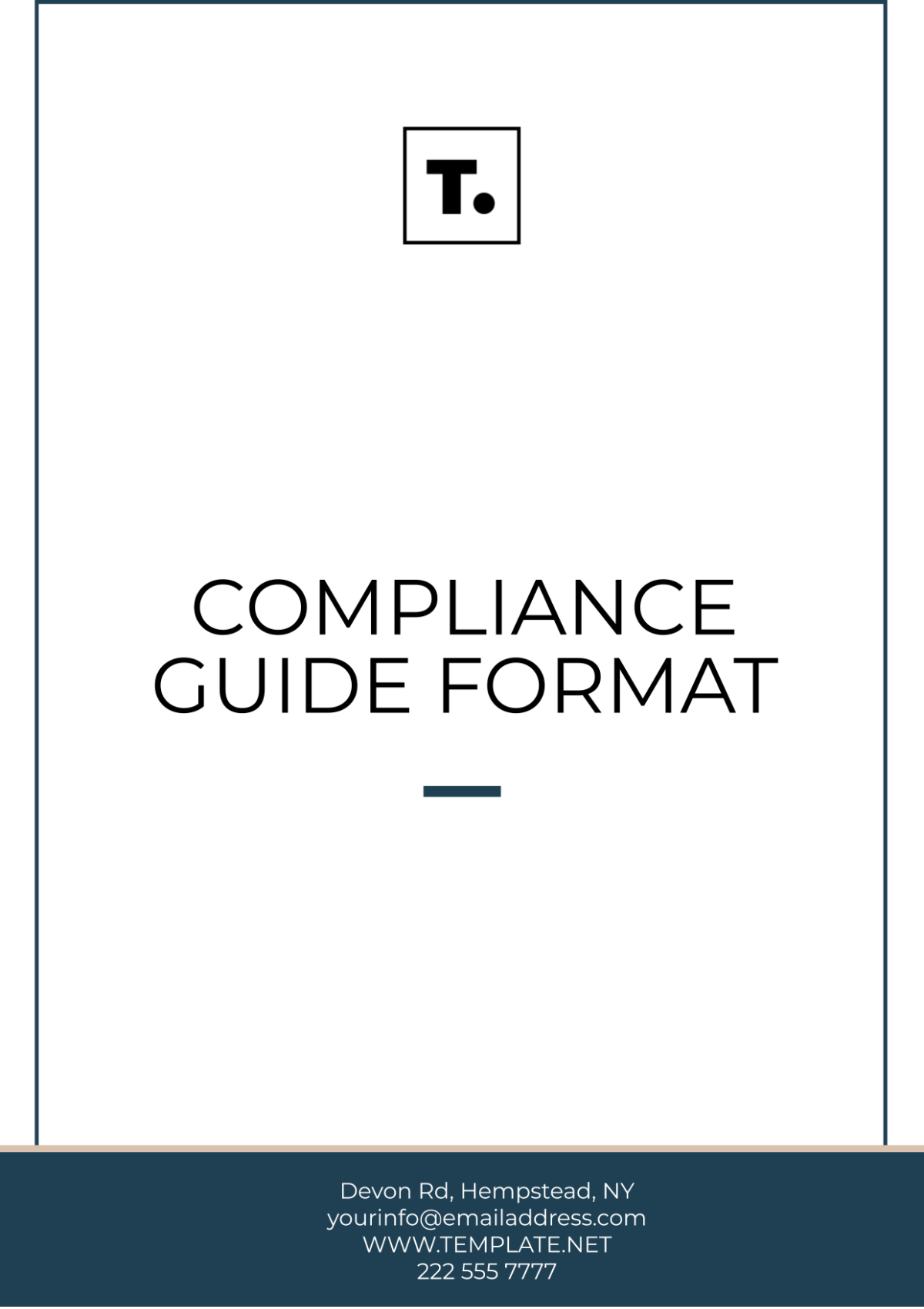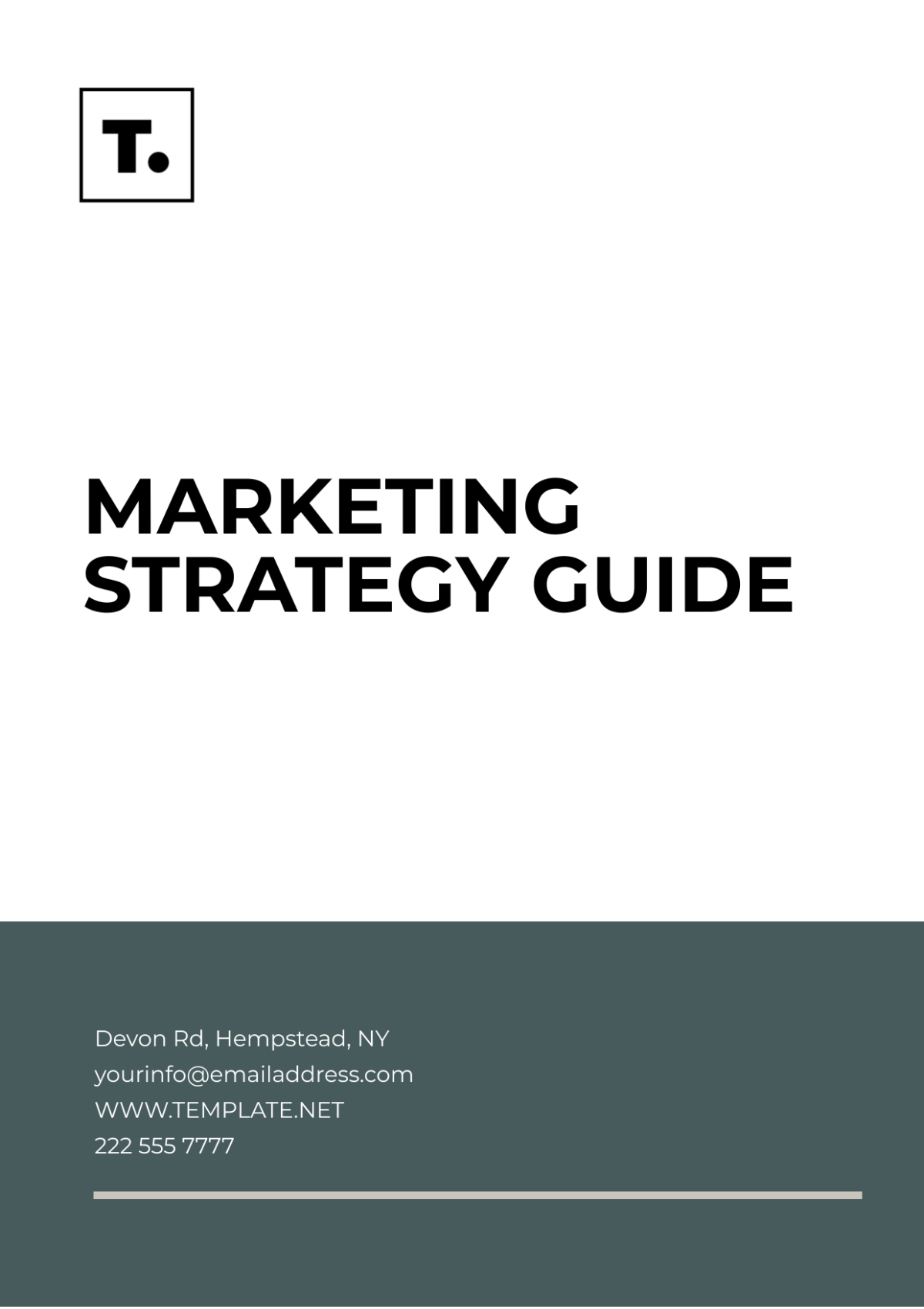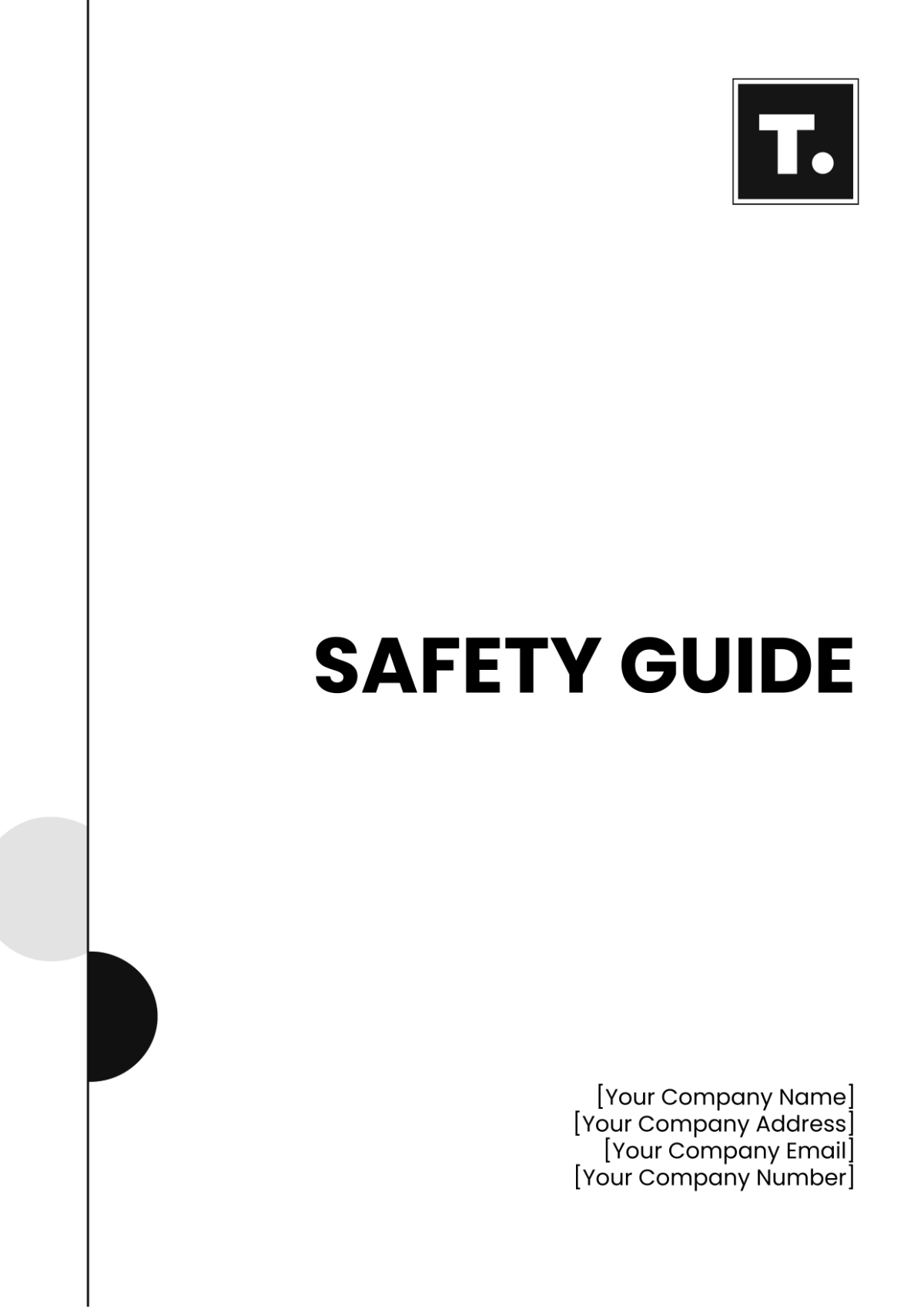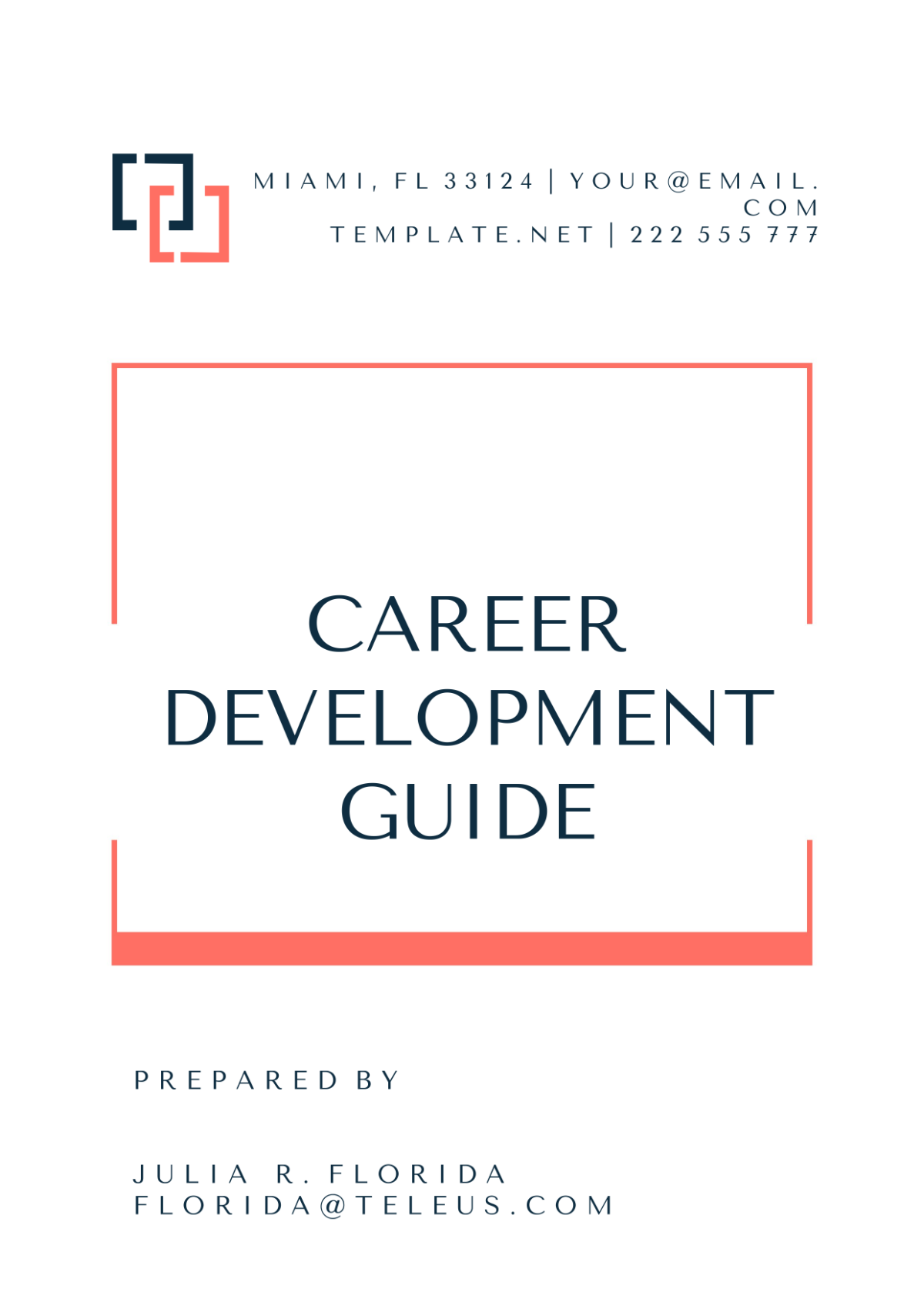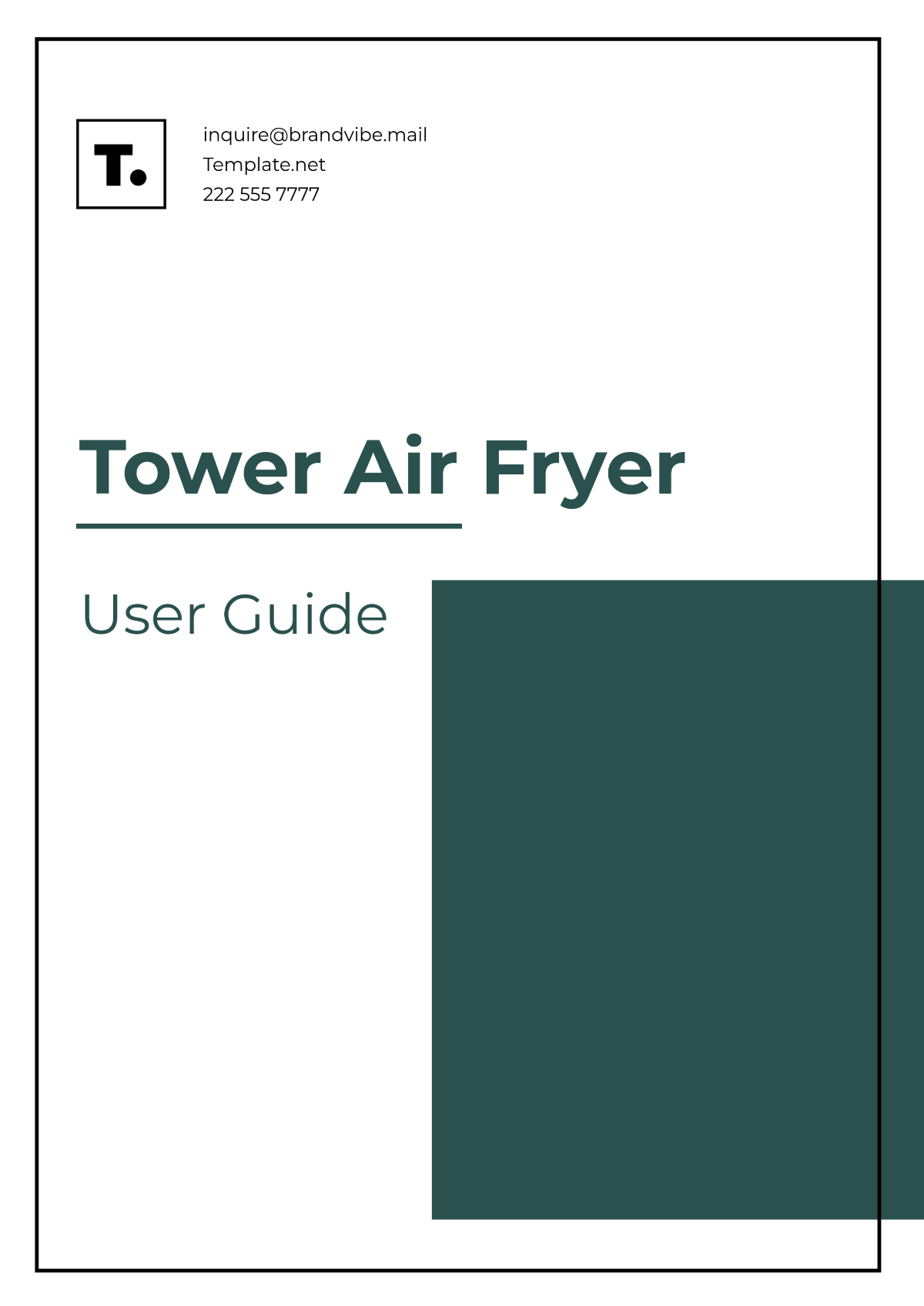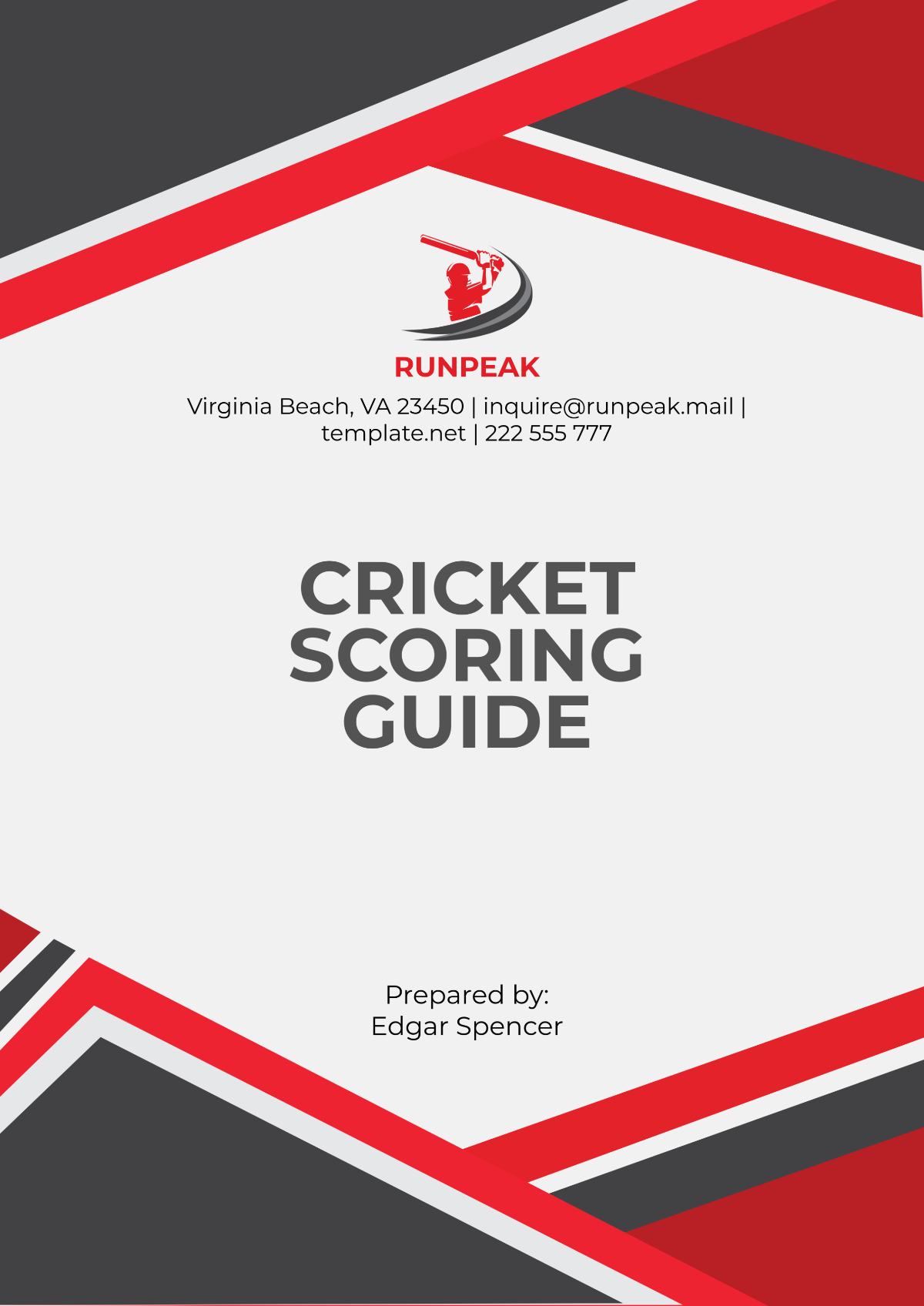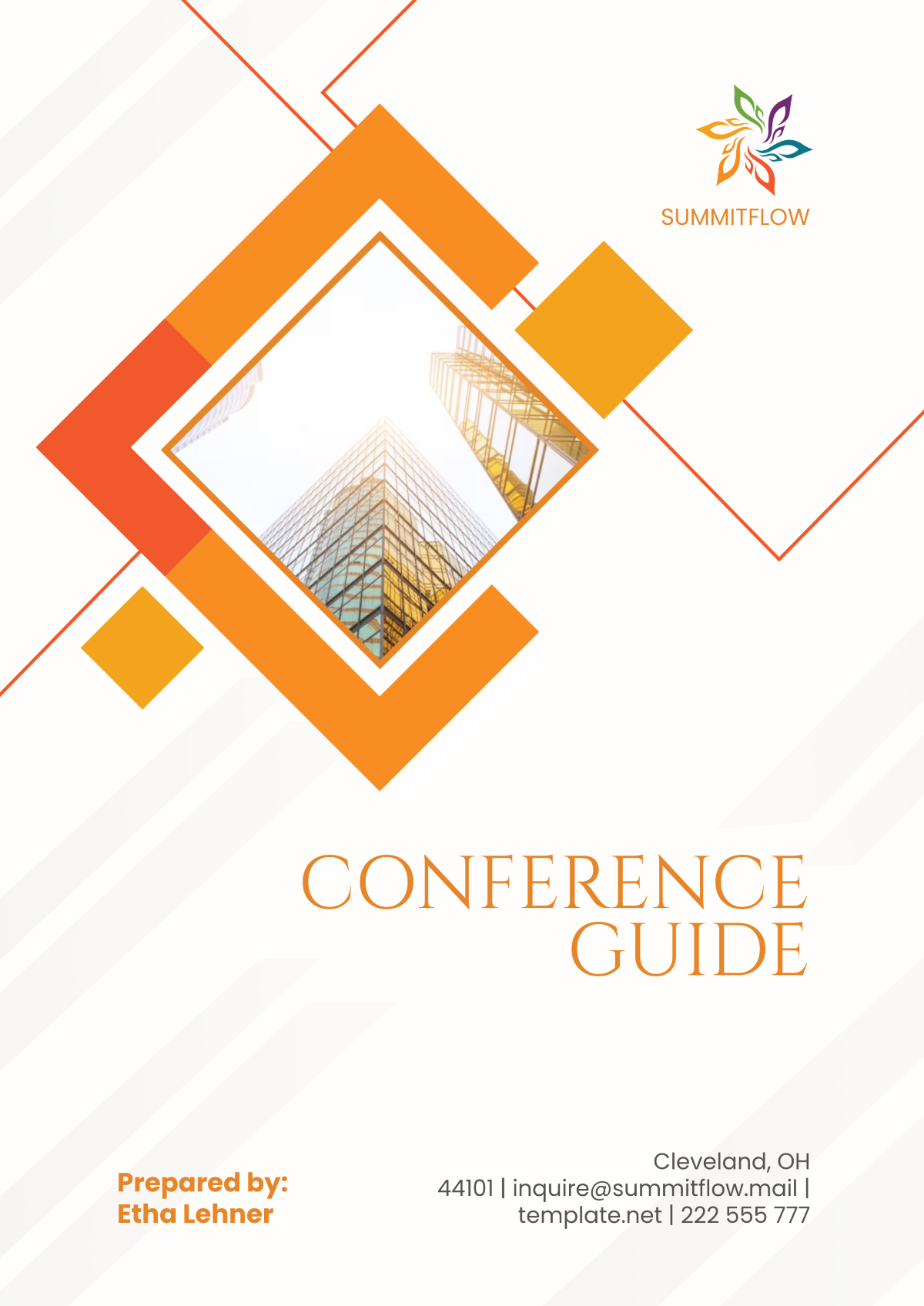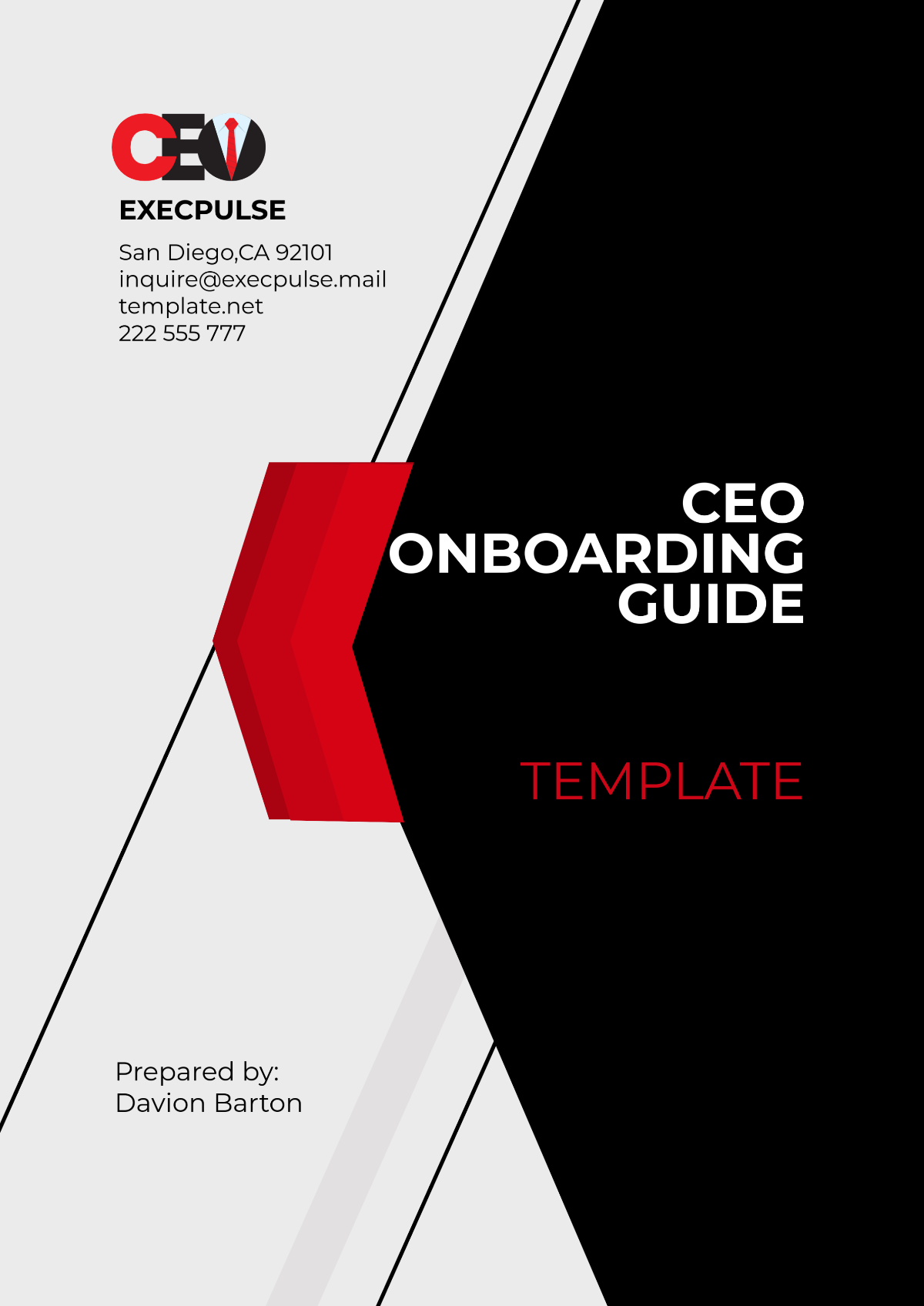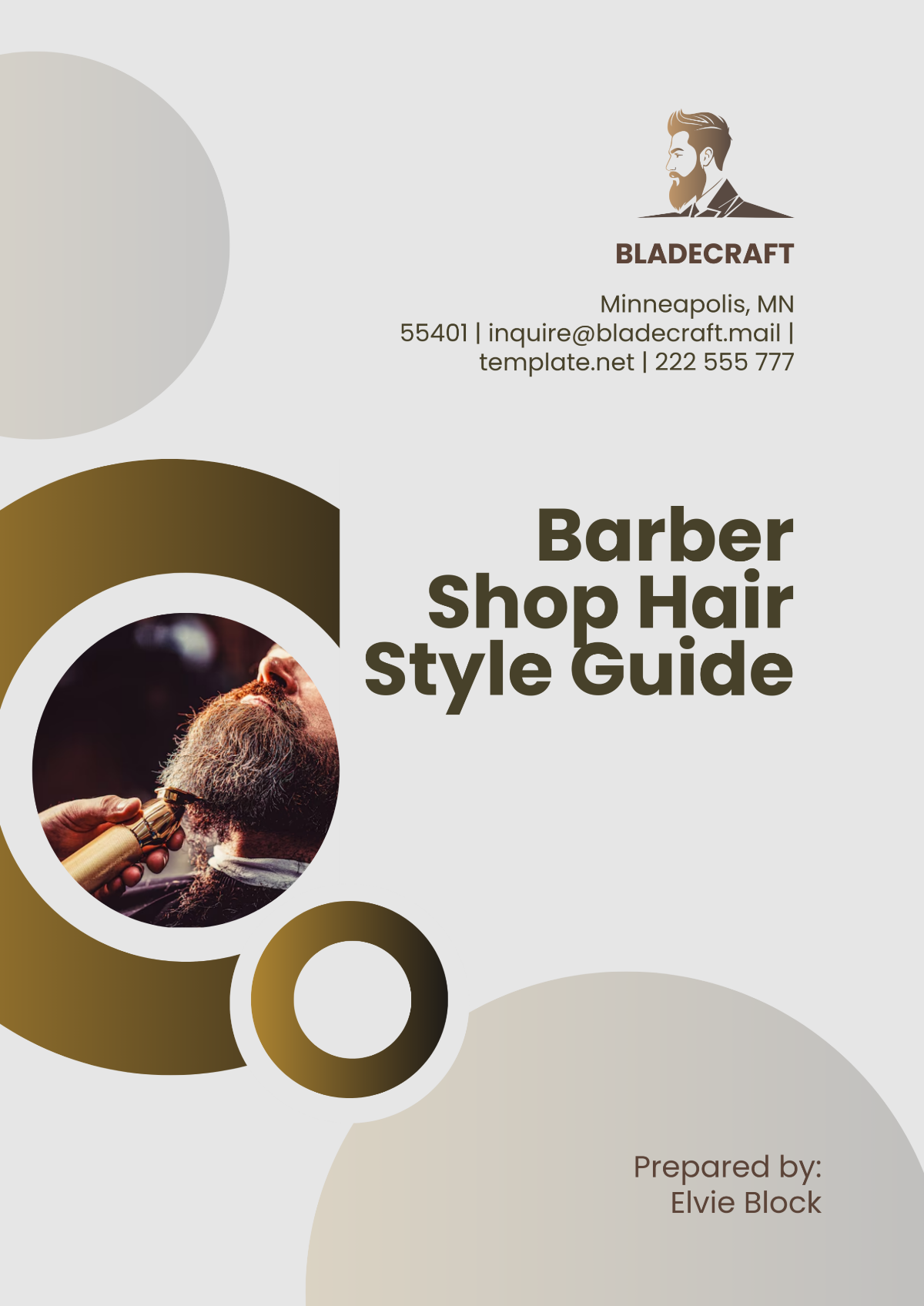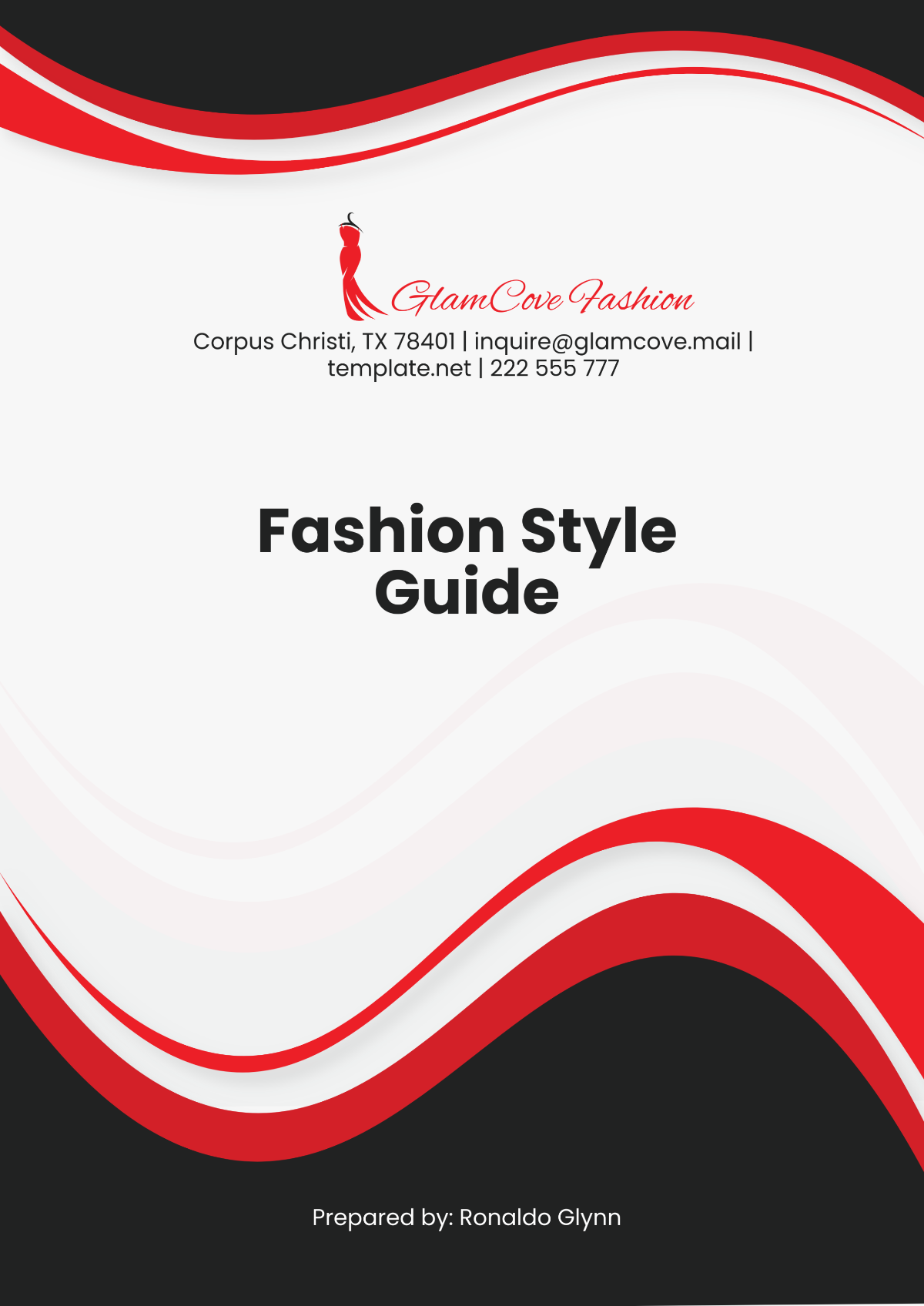Interview Guide
I. Introduction
A job interview is a pivotal moment in the hiring process, serving as a critical juncture where candidates and employers assess mutual fit. This guide aims to provide a thorough understanding of the components and best practices surrounding job interviews, from preparation to follow-up.
II. Preparation for the Interview
Researching the Company
Before the interview, gaining a comprehensive understanding of the company is crucial. This includes:
Company History
Mission and values
Recent news and developments
Key personnel and leadership
Understanding the Role
Candidates should thoroughly review the job description and understand:
Responsibilities and expectations
Required skills and qualifications
Reporting structure
Key performance indicators
Preparing Your Answers
Candidates often face common interview questions. Preparing responses to these can help:
"Tell me about yourself."
"What are your strengths and weaknesses?"
"Why do you want to work here?"
"Describe a challenging situation and how you handled it."
Questions to Ask the Interviewer
Prepare insightful questions to ask the interviewer, such as:
"What are the immediate challenges for the role?"
"How does the company support professional development?"
"What is the team structure like?"
III. The Interview Process
Interview Formats
Interviews can vary in format, including:
One-on-One Interviews: A single interviewer meets with the candidate.
Panel Interviews: Multiple interviewers evaluate the candidate.
Group Interviews: Multiple candidates are interviewed simultaneously.
Technical Interviews: Assess specific skills related to the role.
Behavioral Interviews: Focus on past behavior and experiences.
Key Components of the Interview
Opening: Introduction and setting the tone.
Questions: Assessing qualifications and fit.
Candidate Questions: Let the candidate ask about the role and company.
Closing: Summarizing and explaining the next steps.
IV. Post-Interview Follow-Up
Evaluating the Interview
Both candidates and employers should evaluate the interview process to assess:
Fit for the role
Overall impression of the company or candidate
Next steps in the hiring process
Follow-Up Communication
Effective follow-up communication is essential:
For Candidates: Send a thank-you email to show appreciation and reaffirm interest.
For Employers: Communicate the next steps and timelines clearly to candidates.
V. Conclusion
A well-conducted interview benefits both the employer and the candidate. Preparation, a clear understanding of the interview process, and effective follow-up are key to a successful outcome.
This guide aims to offer a comprehensive overview of job interviews, providing both candidates and employers with the tools to navigate the process effectively. For further assistance or inquiries, please contact [Your Company Name] at [Your Company Email] or [Your Company Number].
